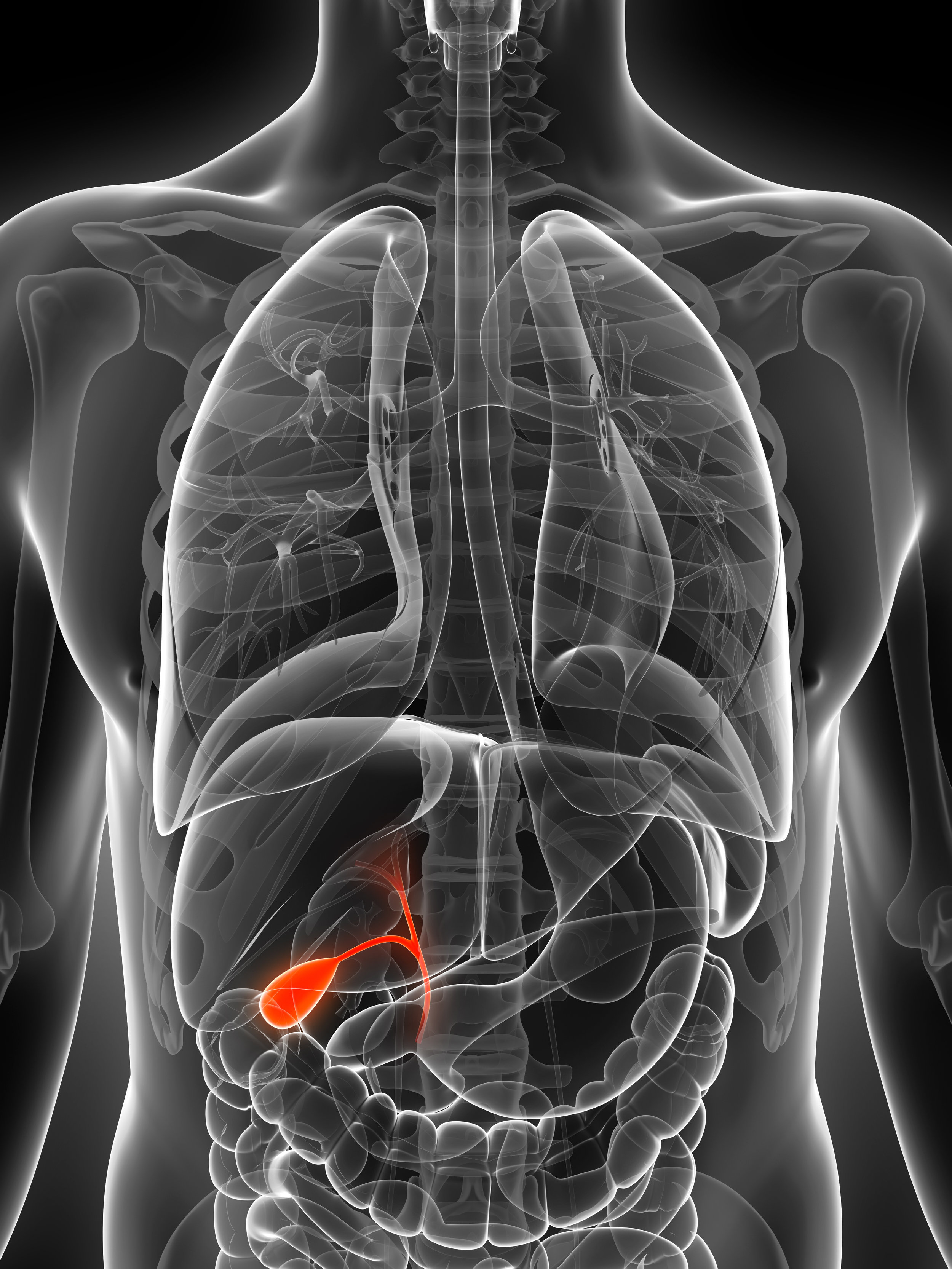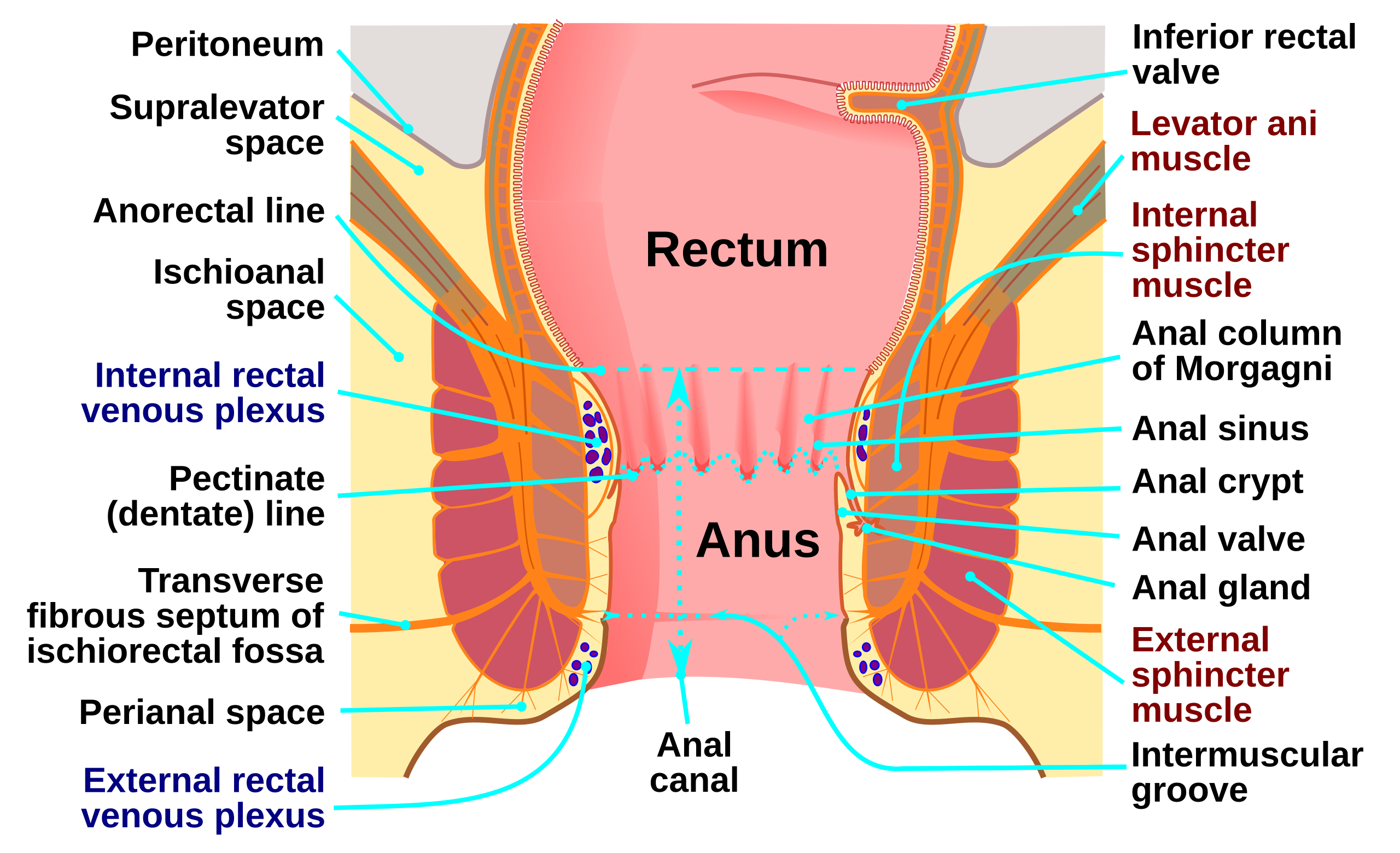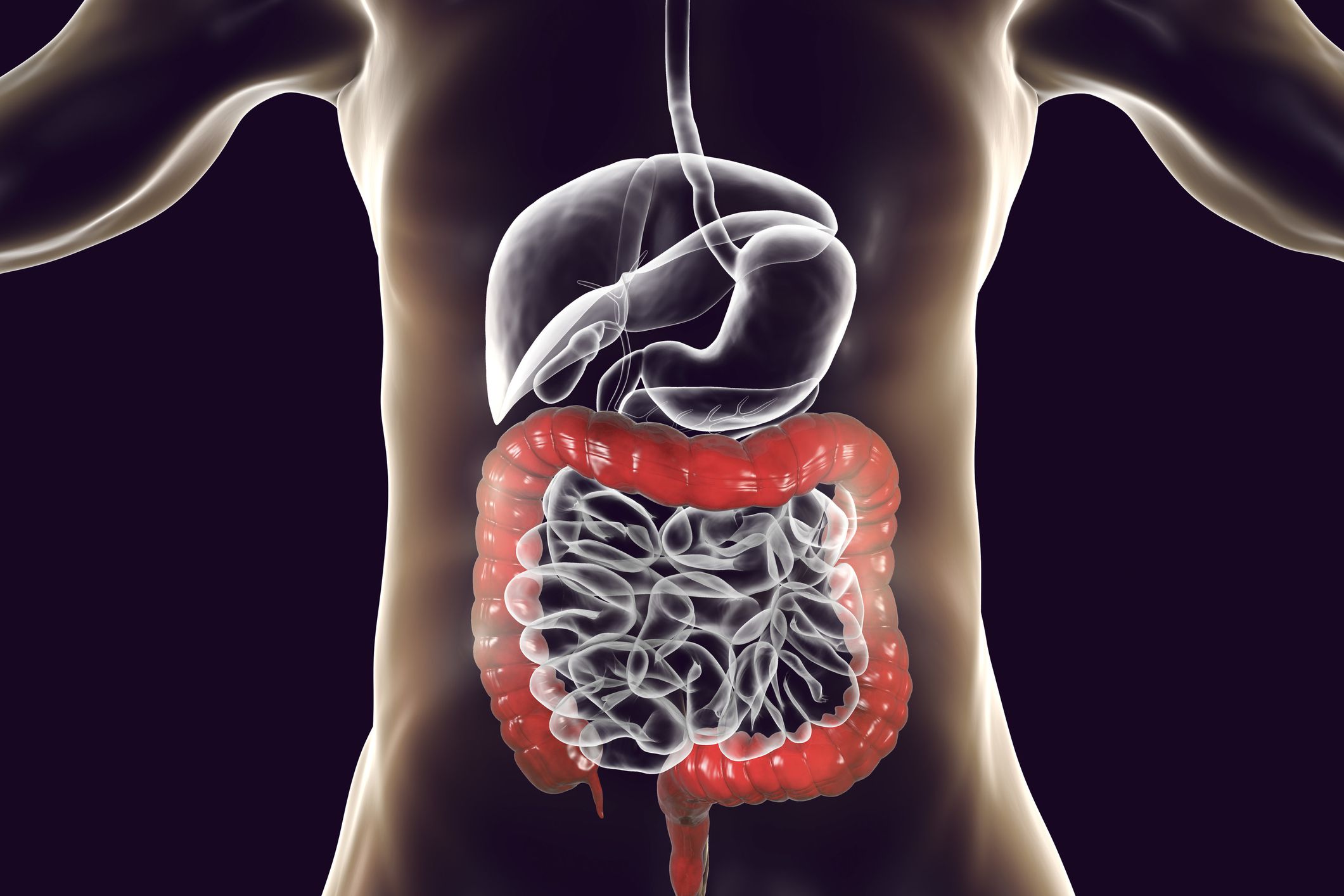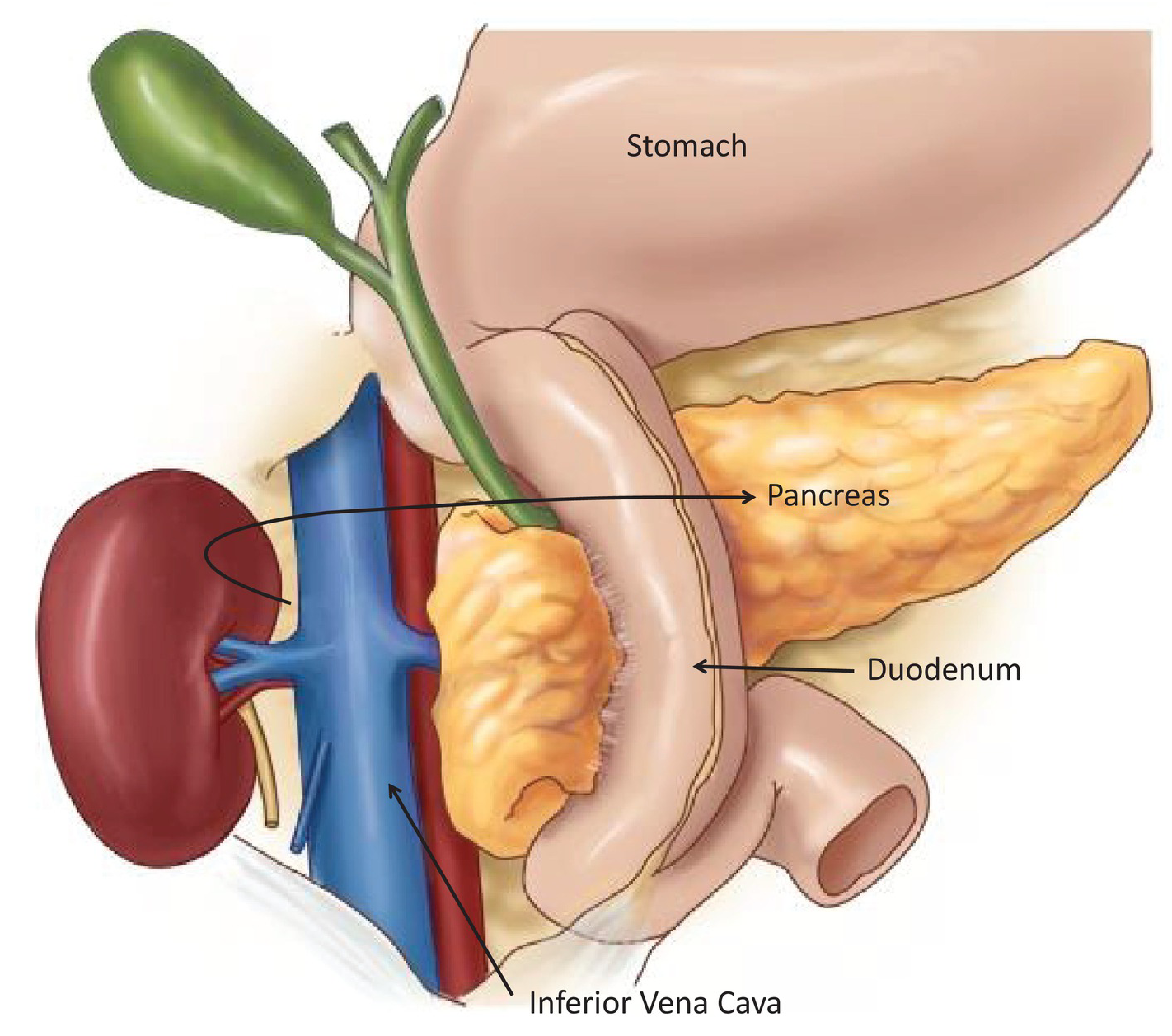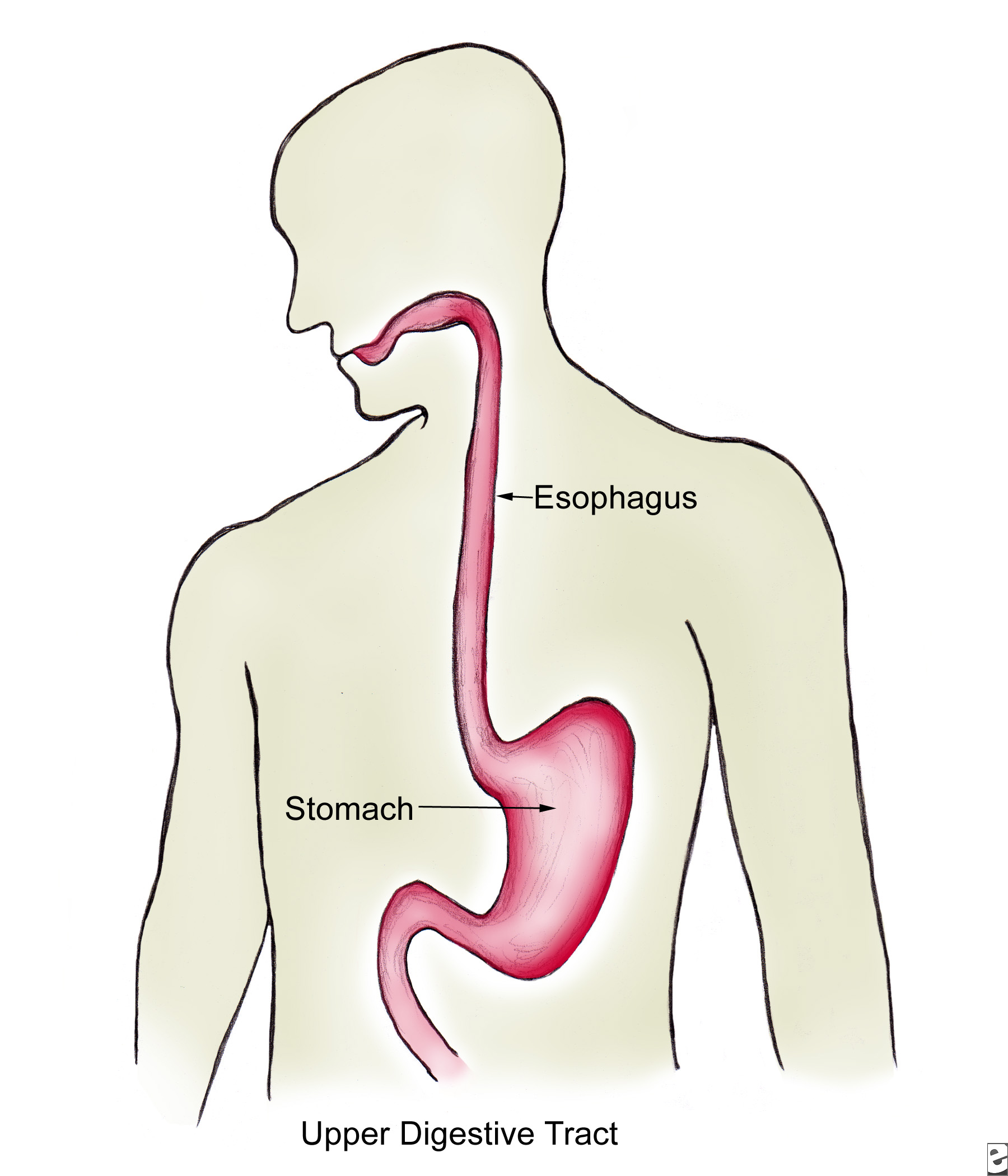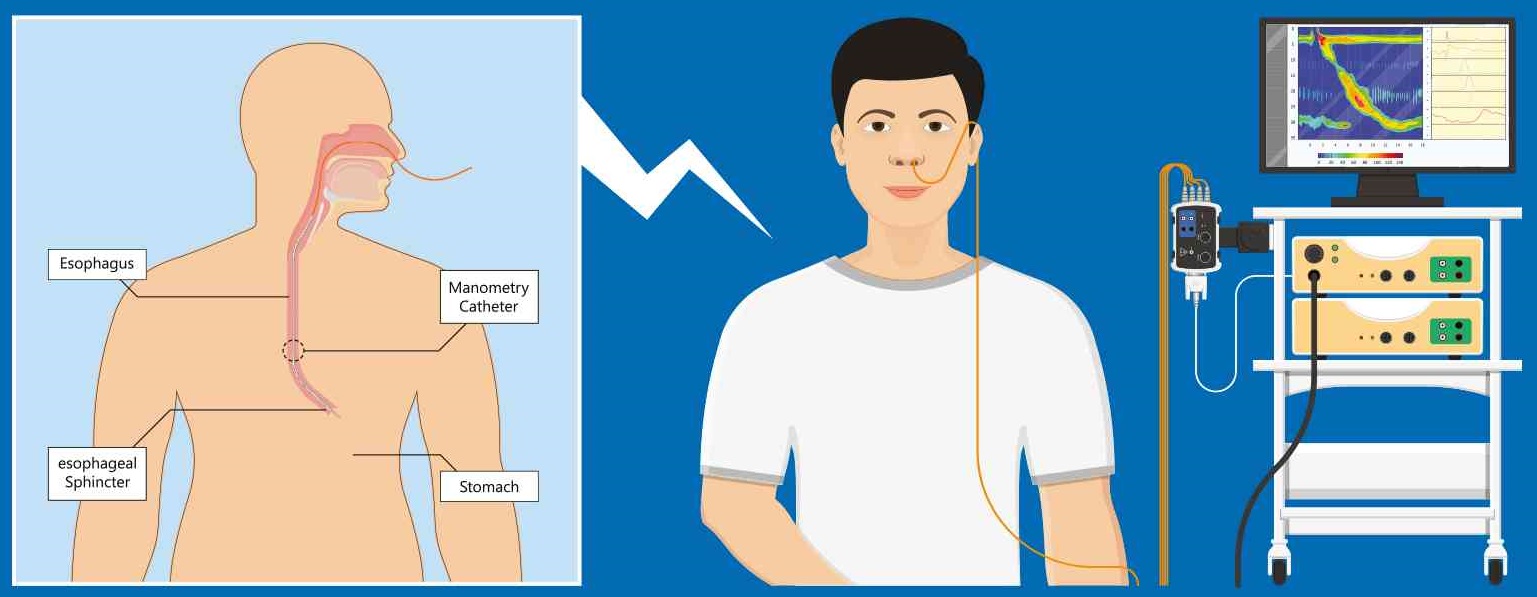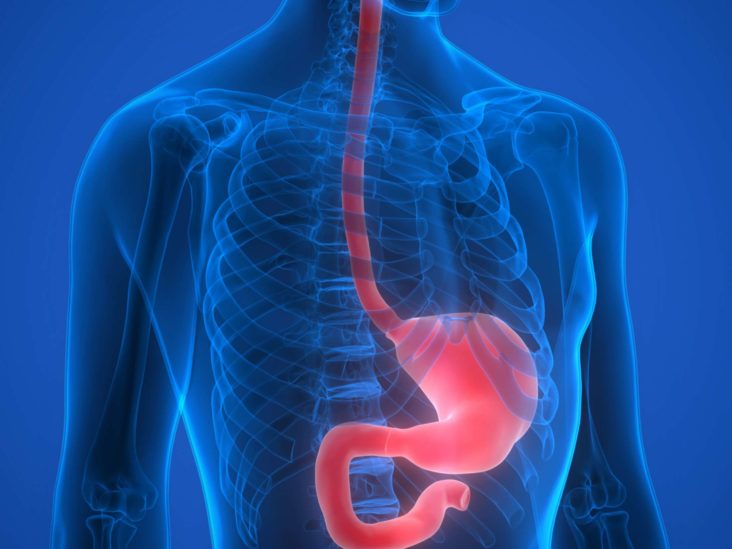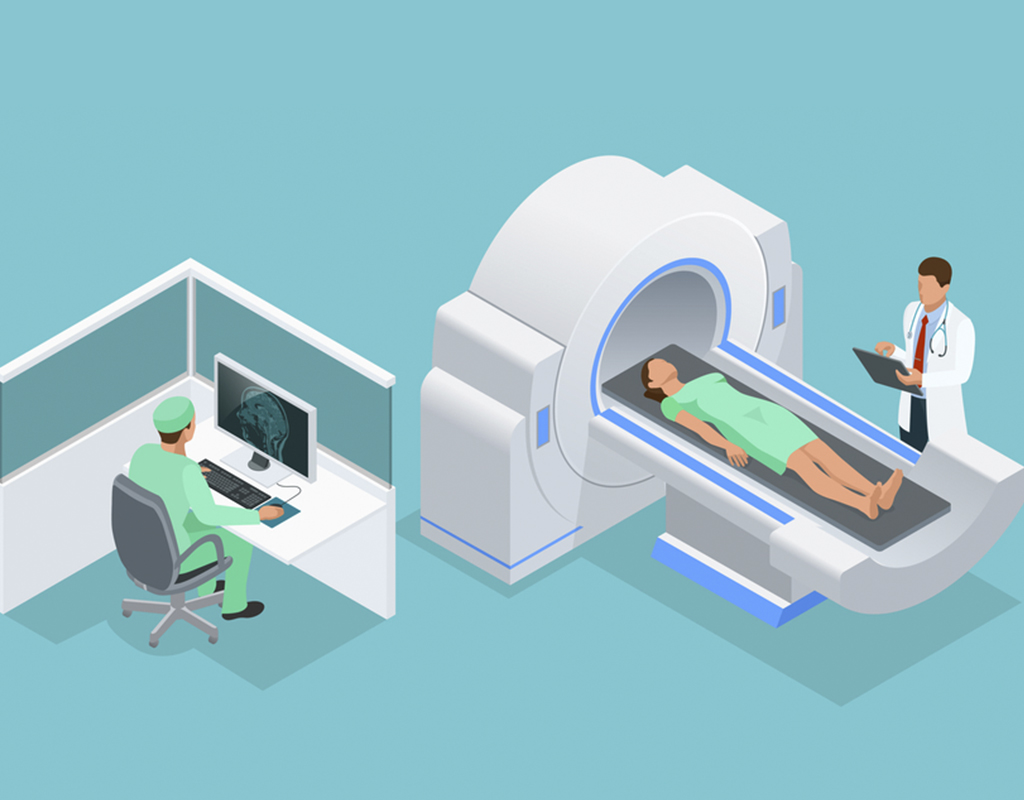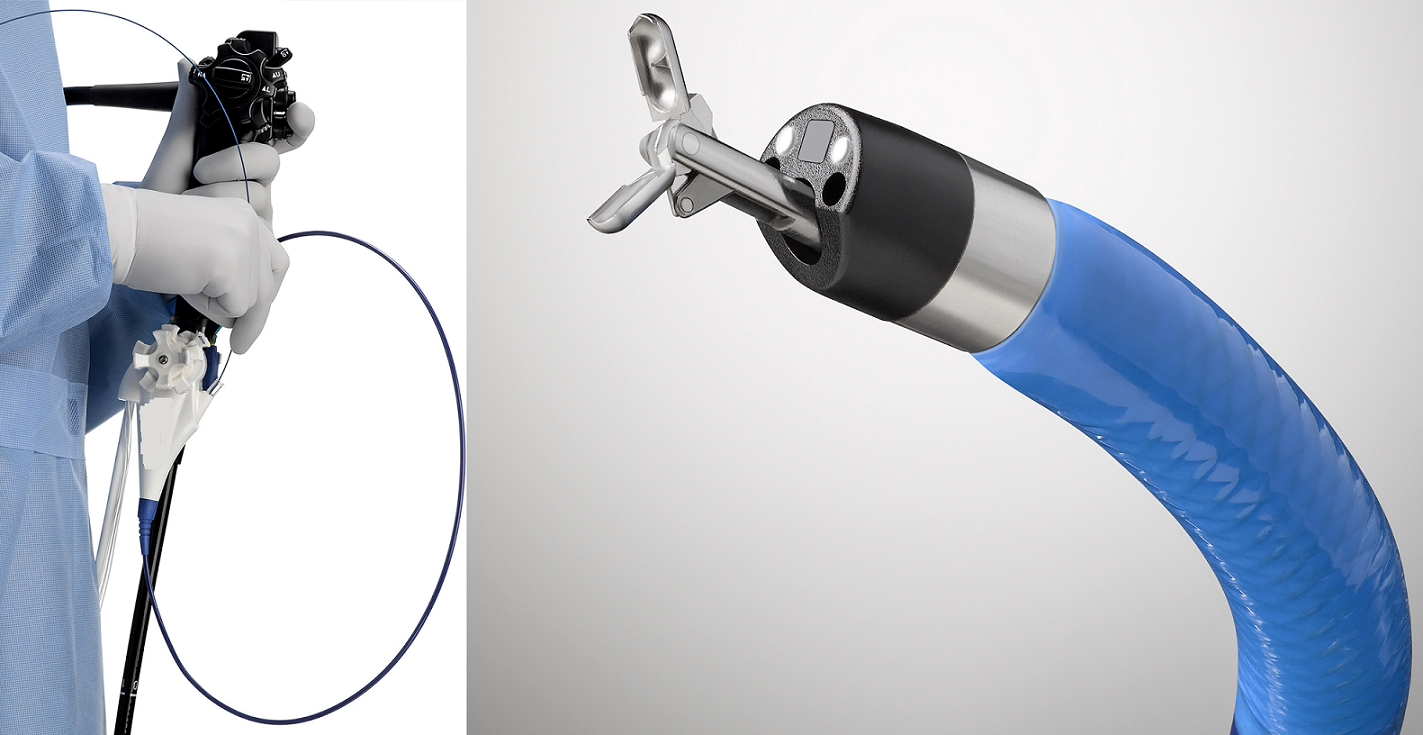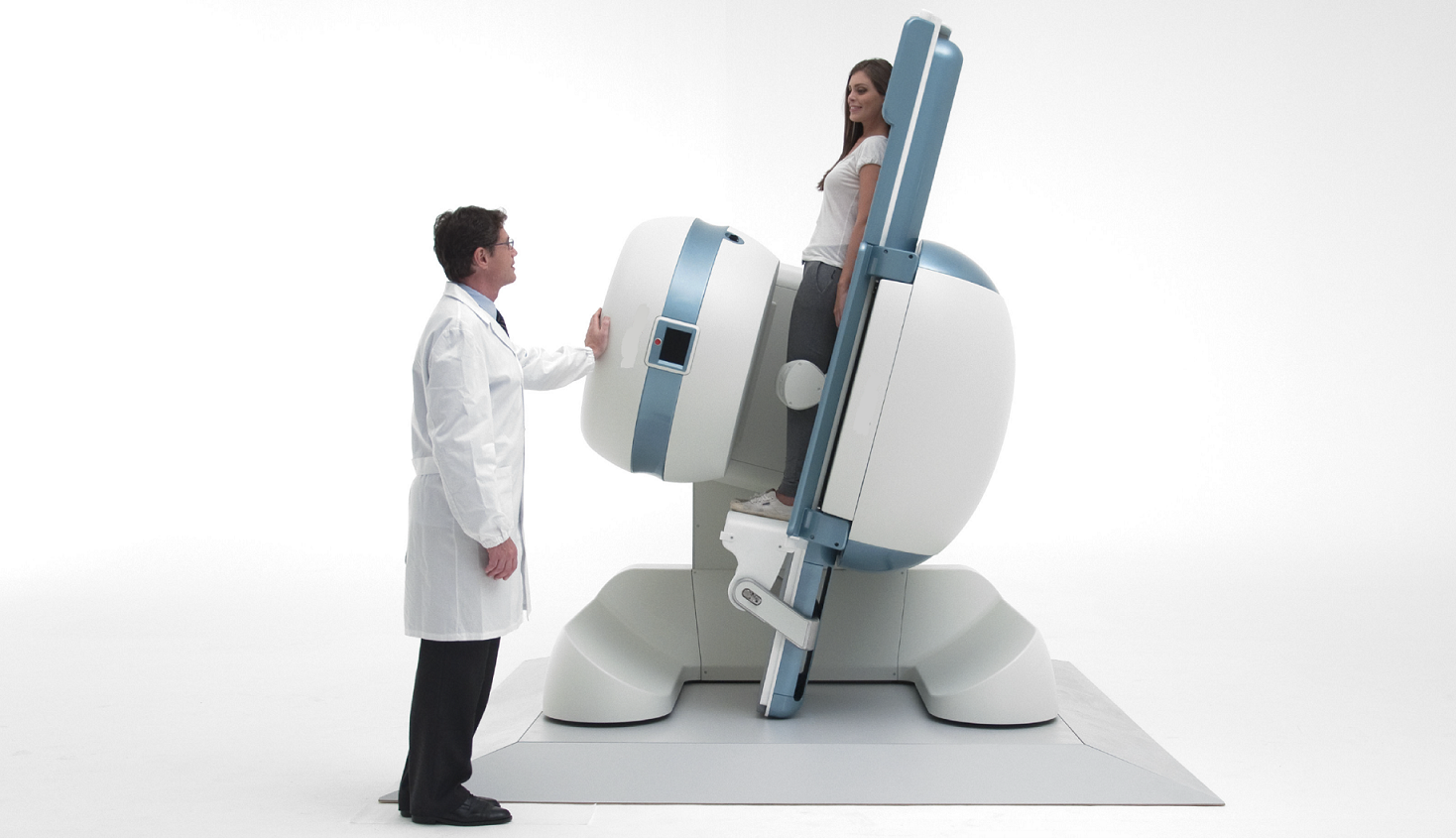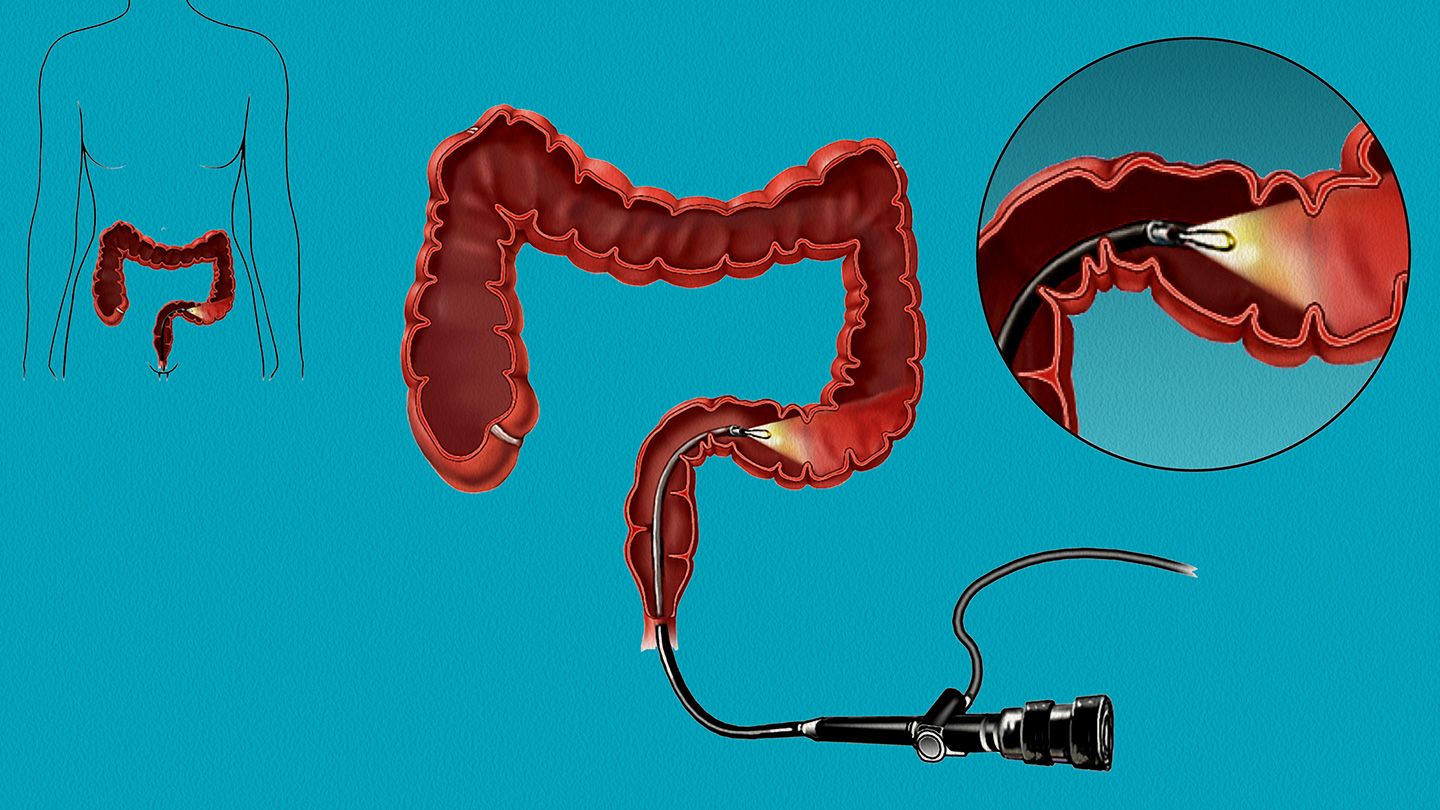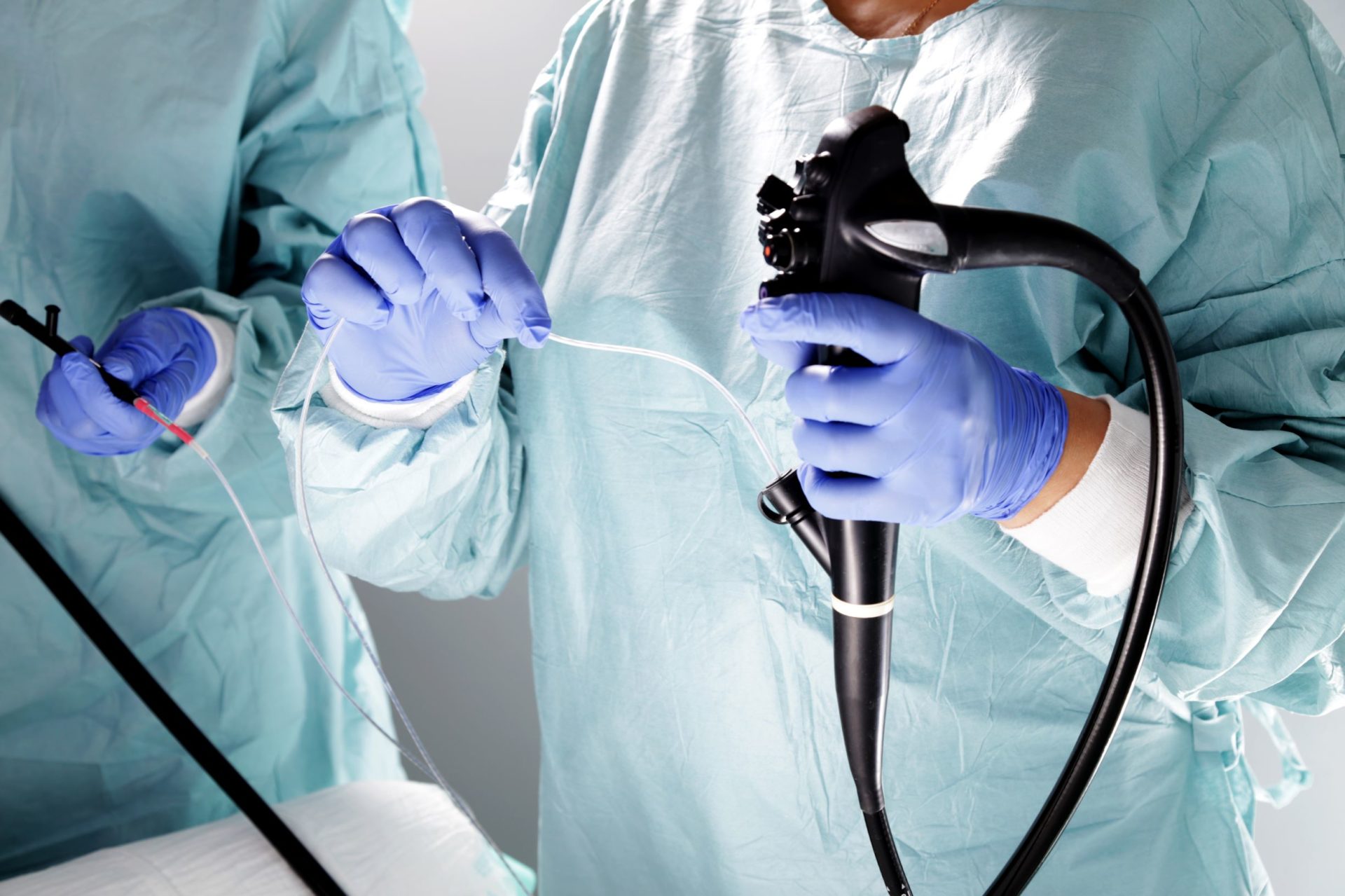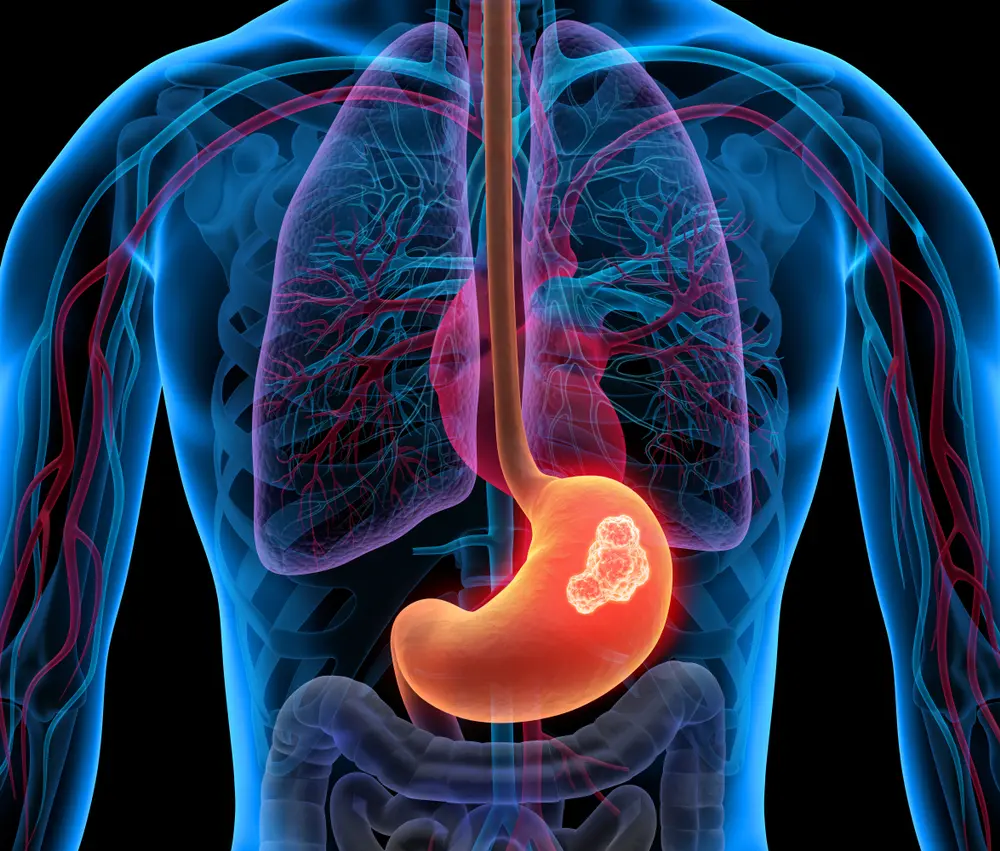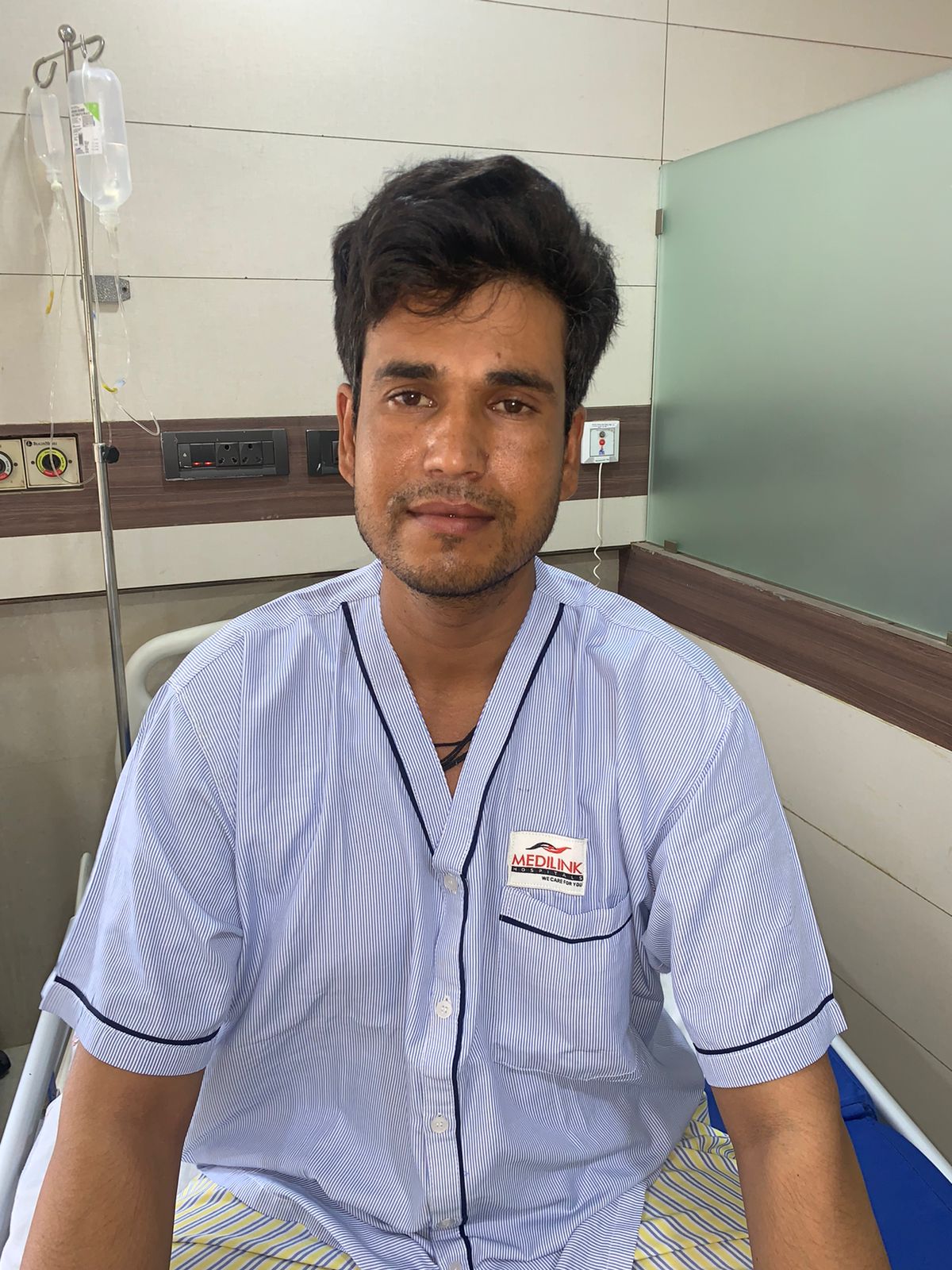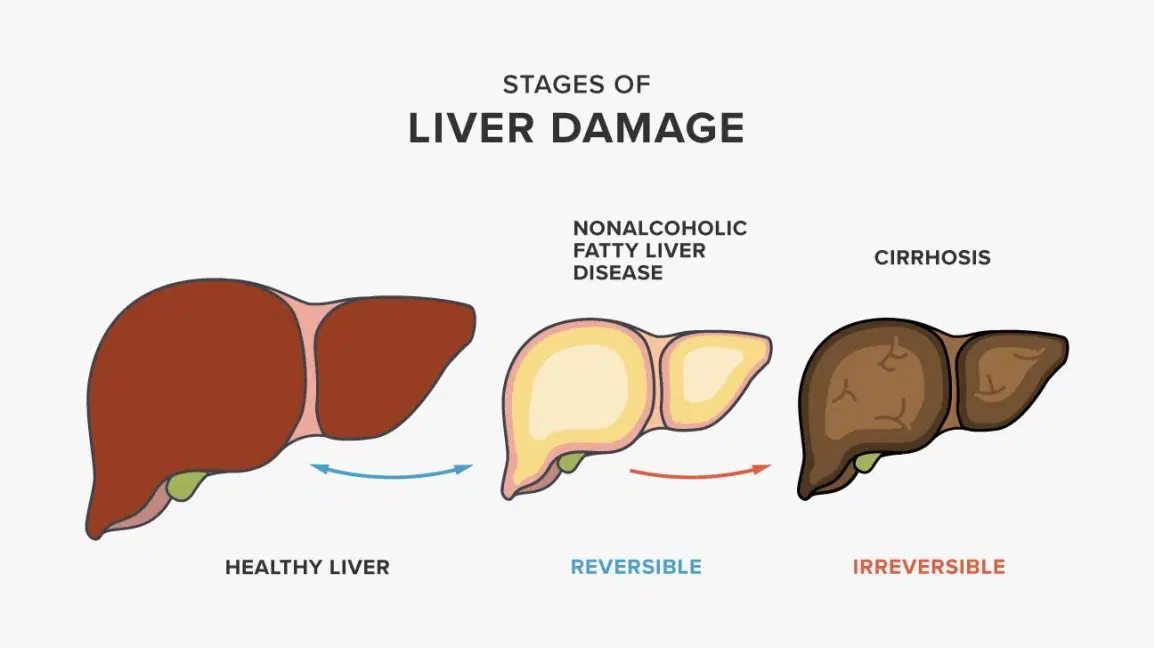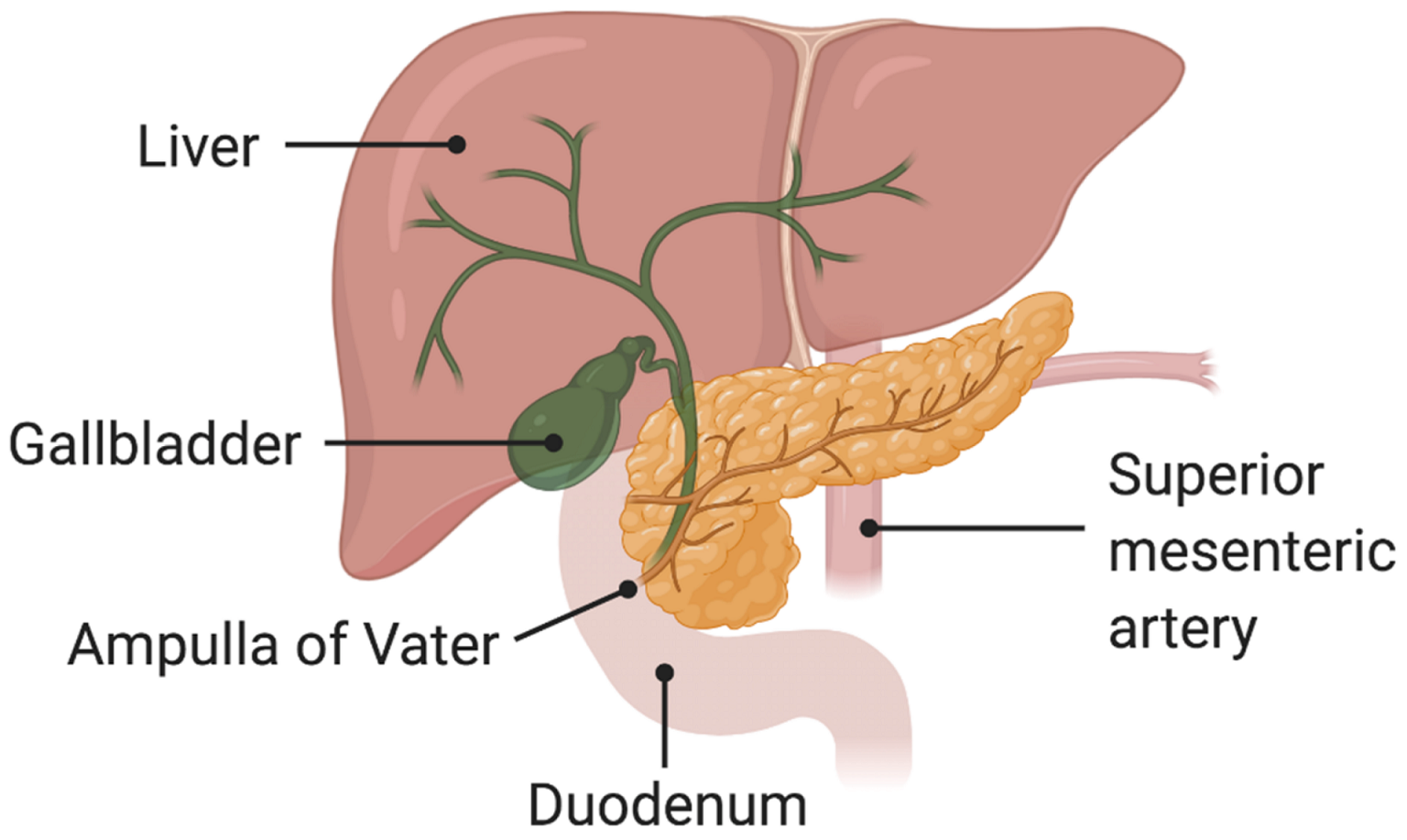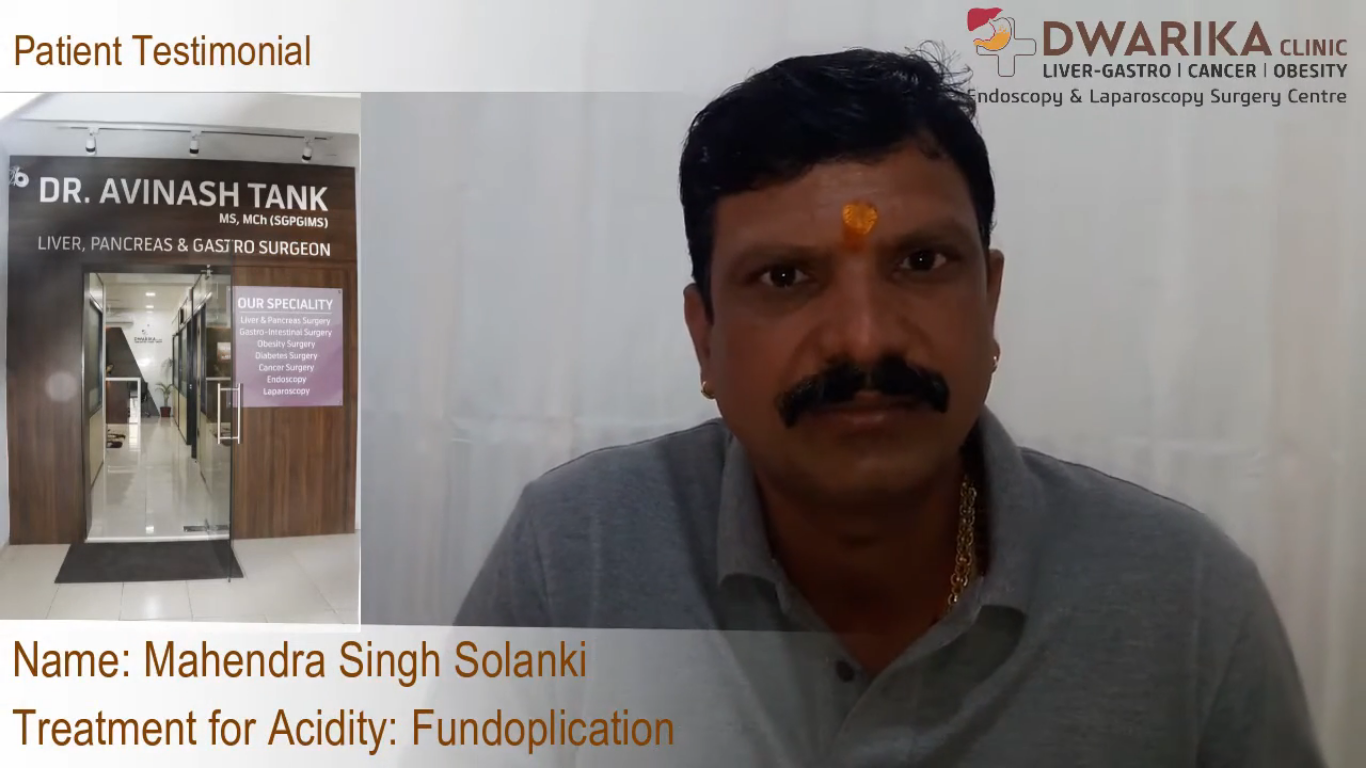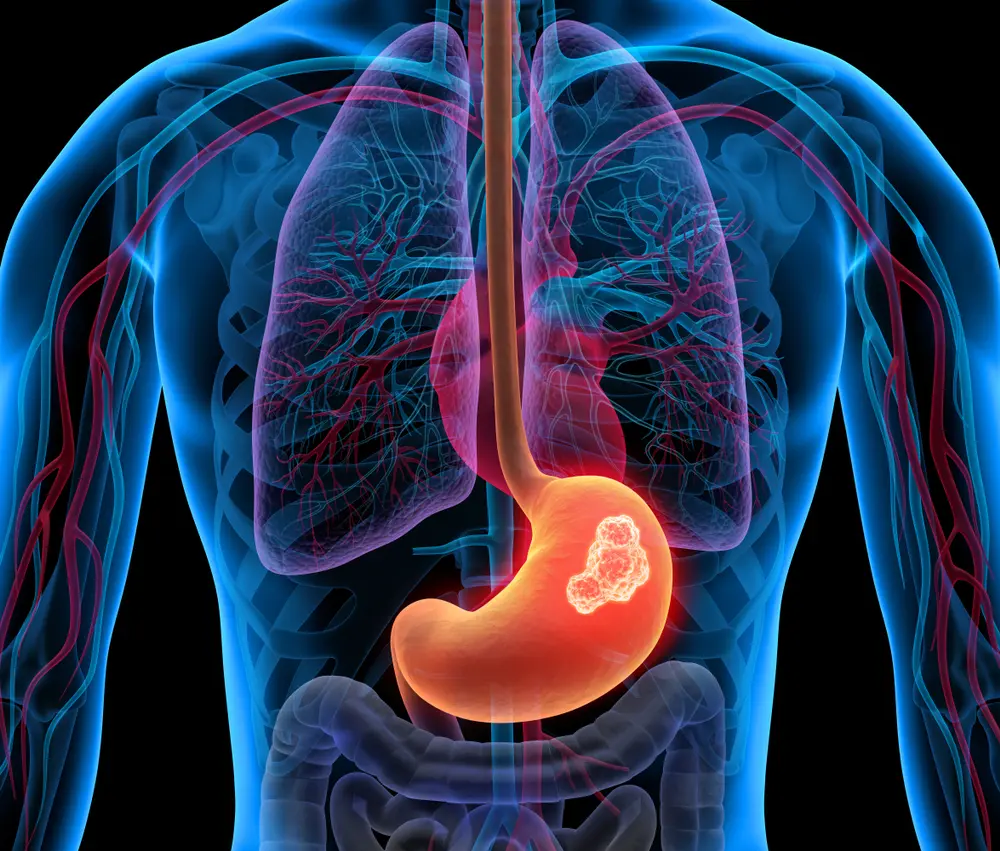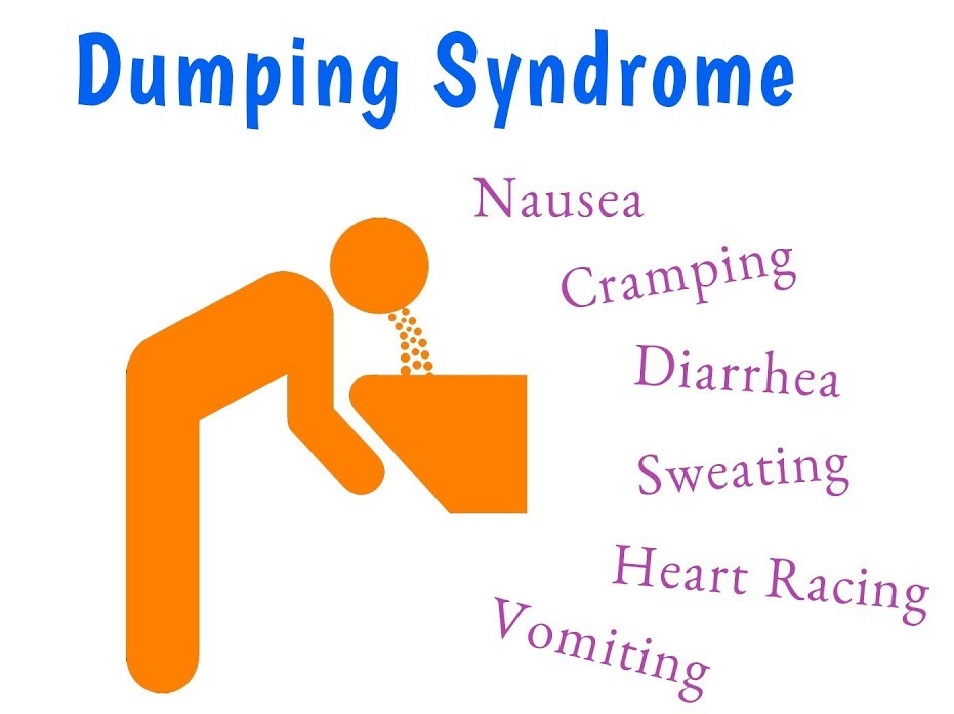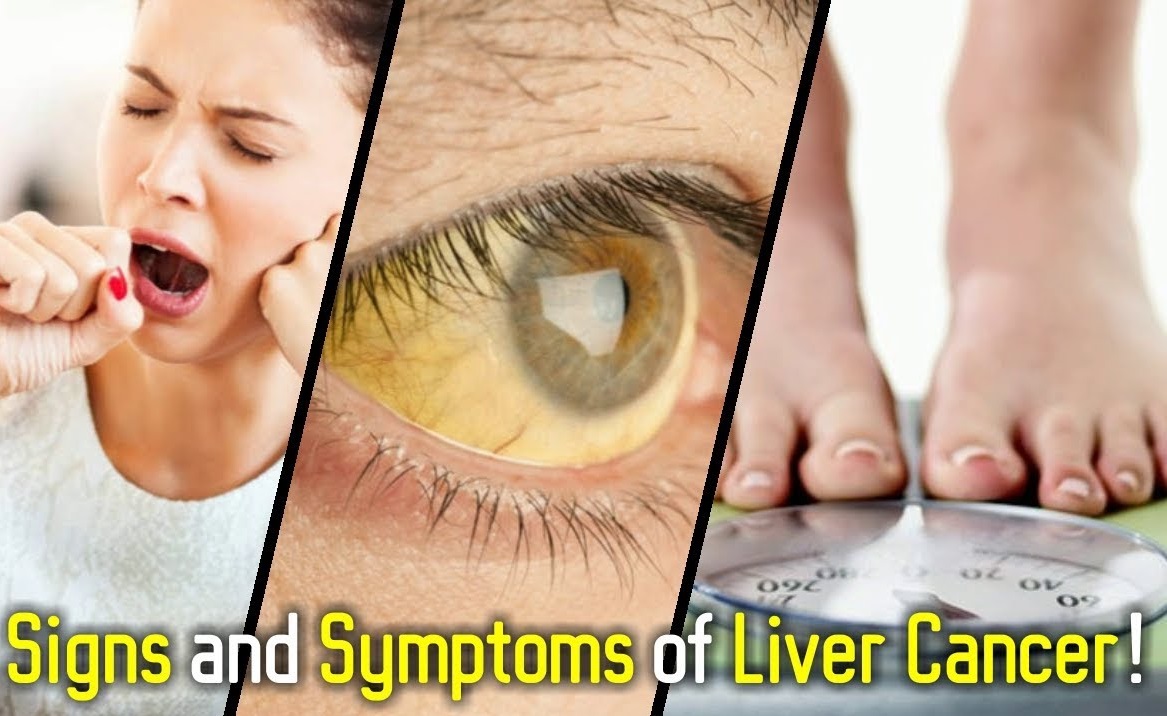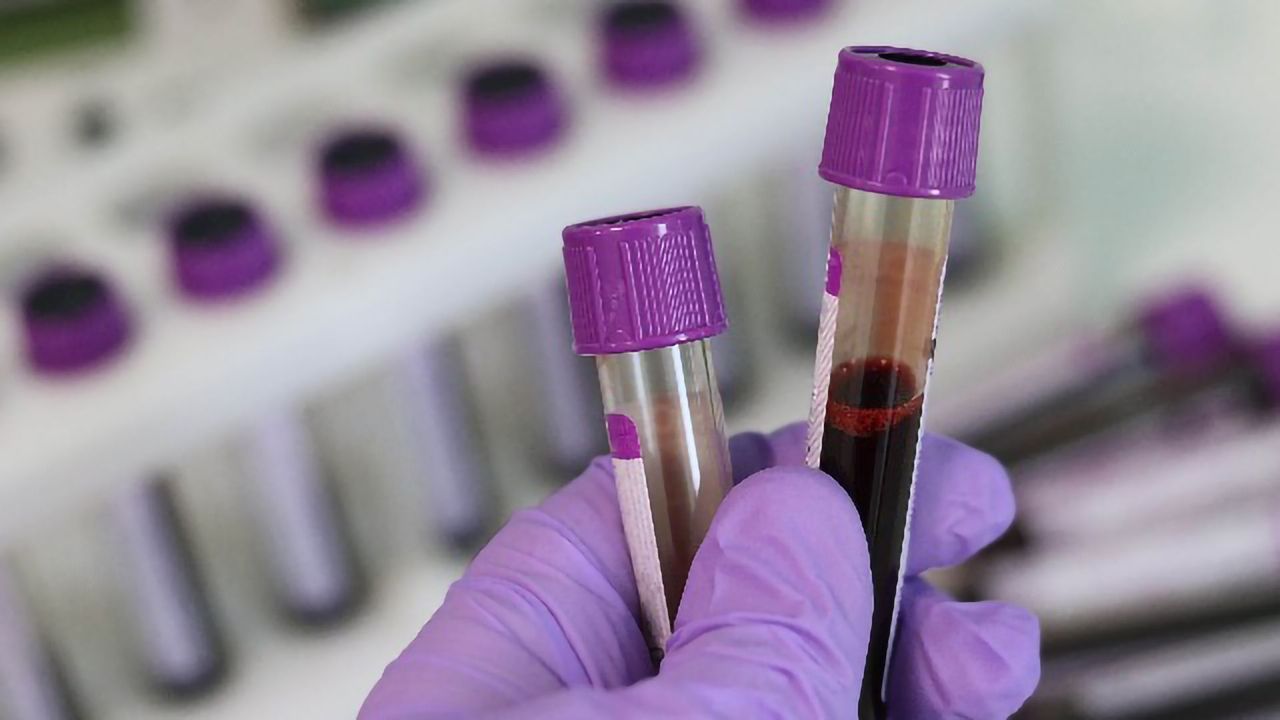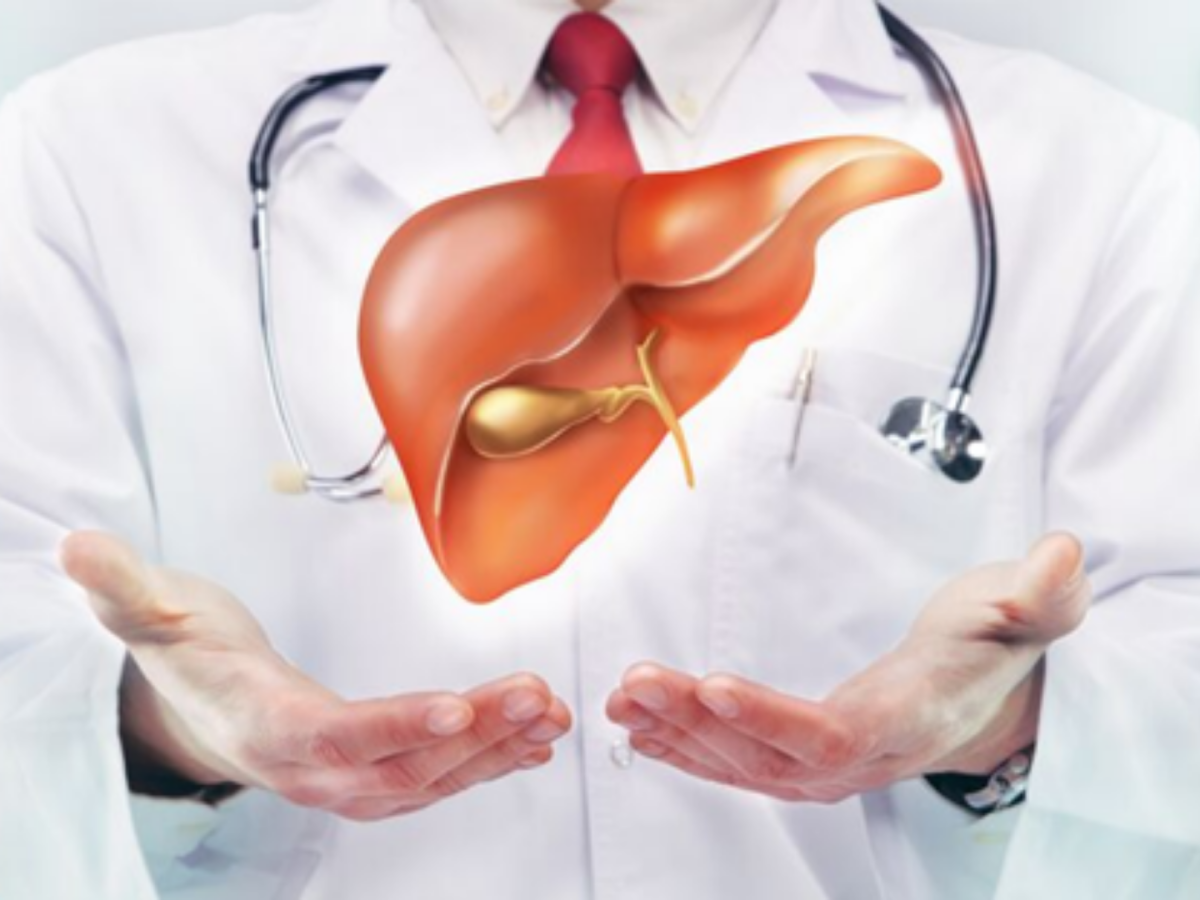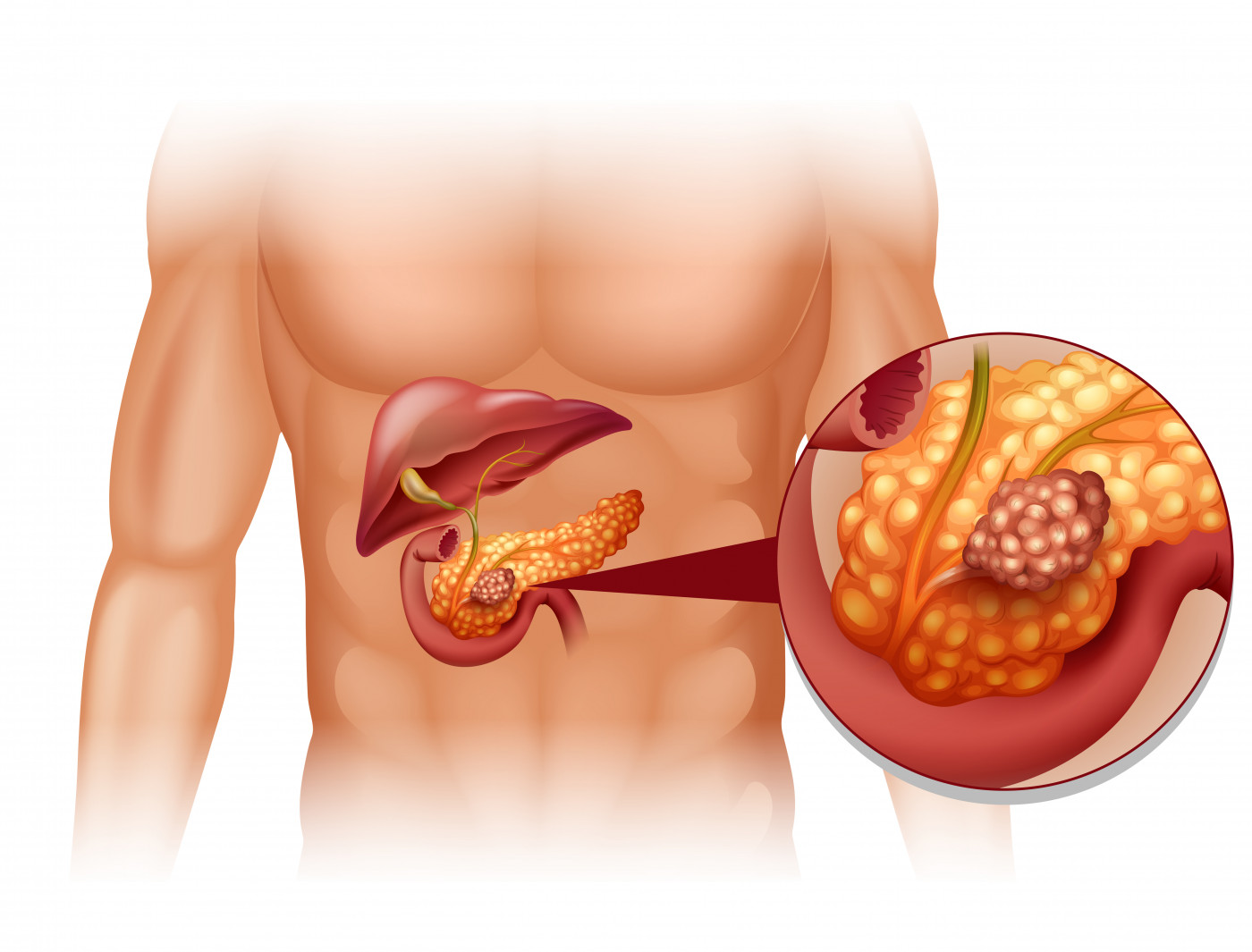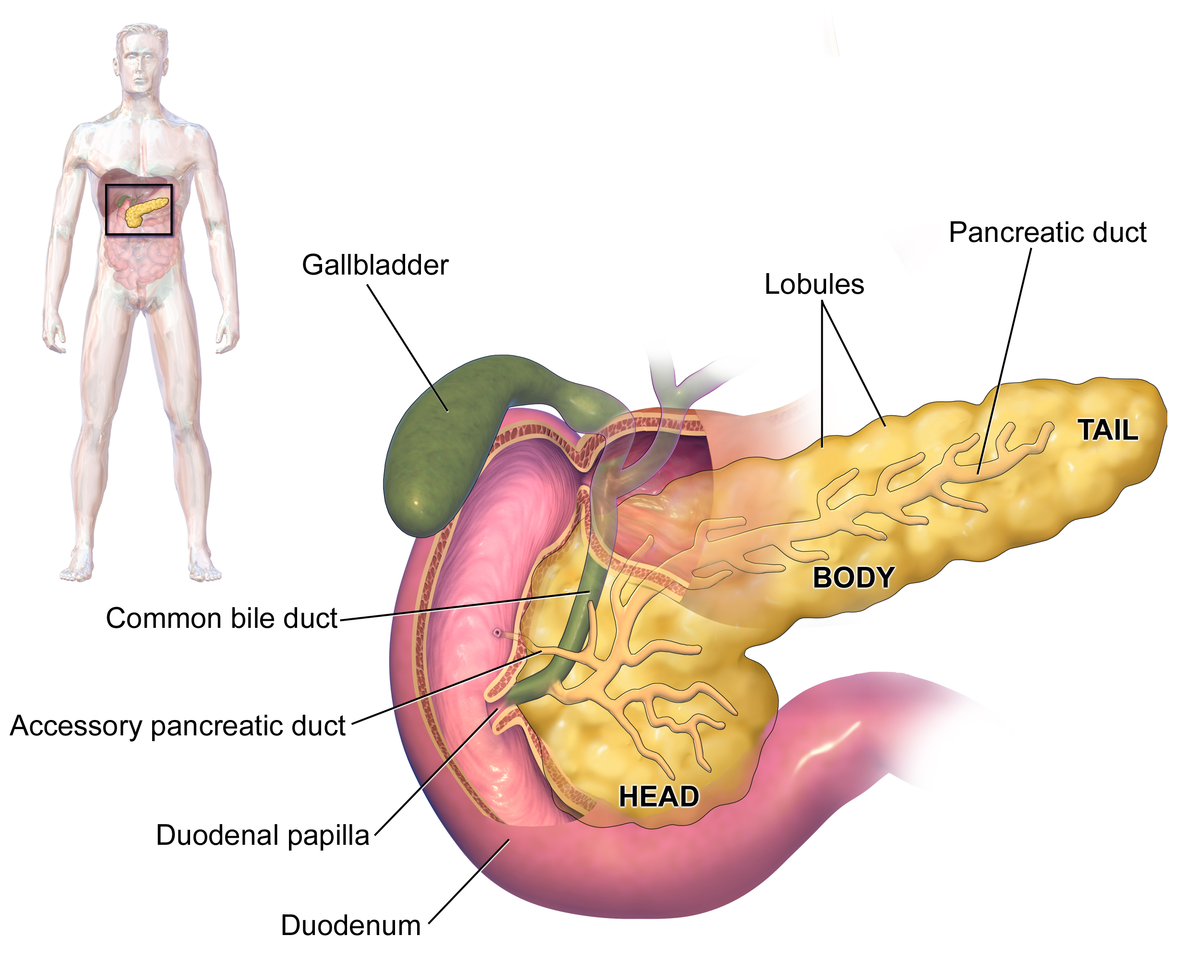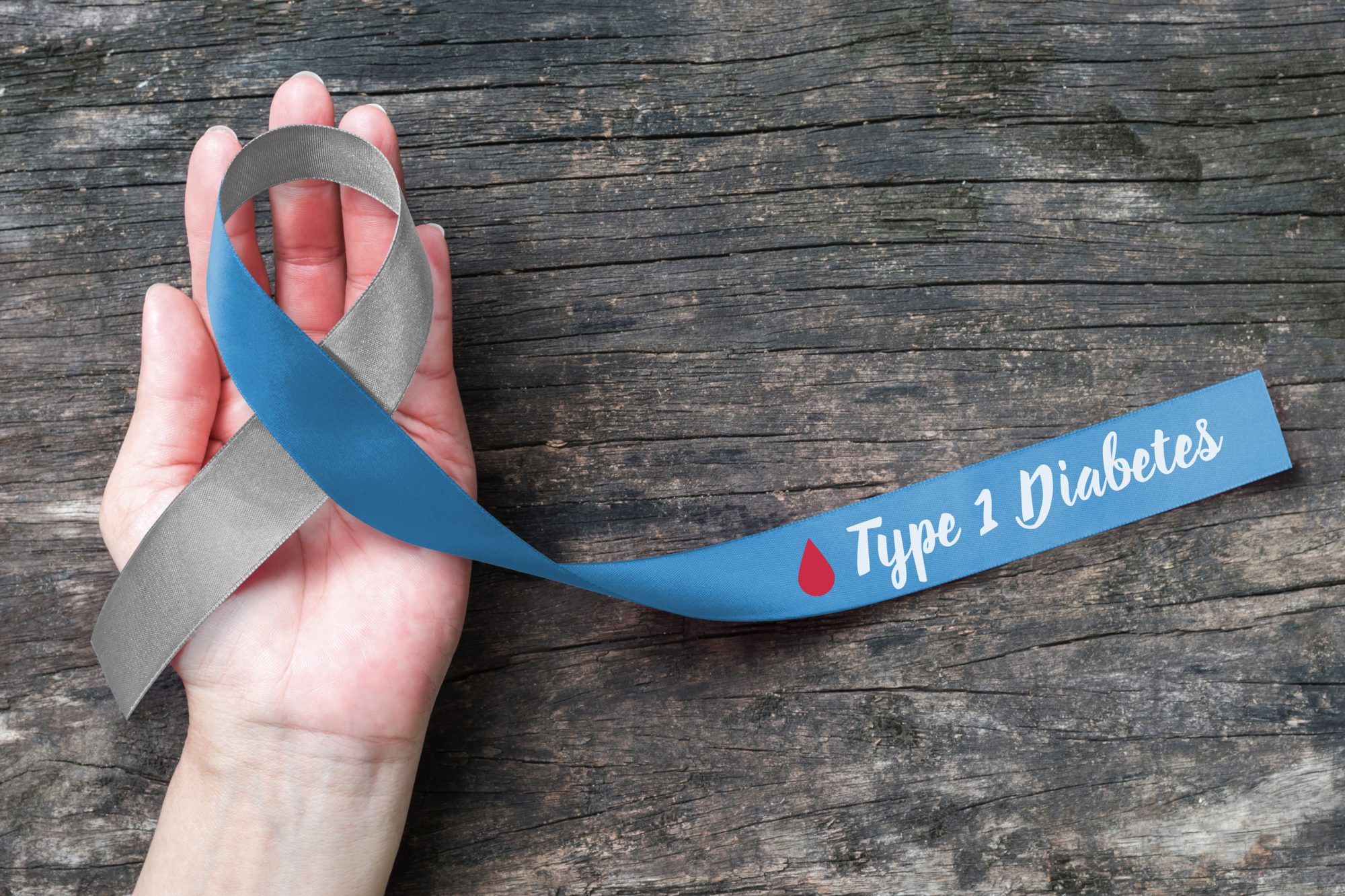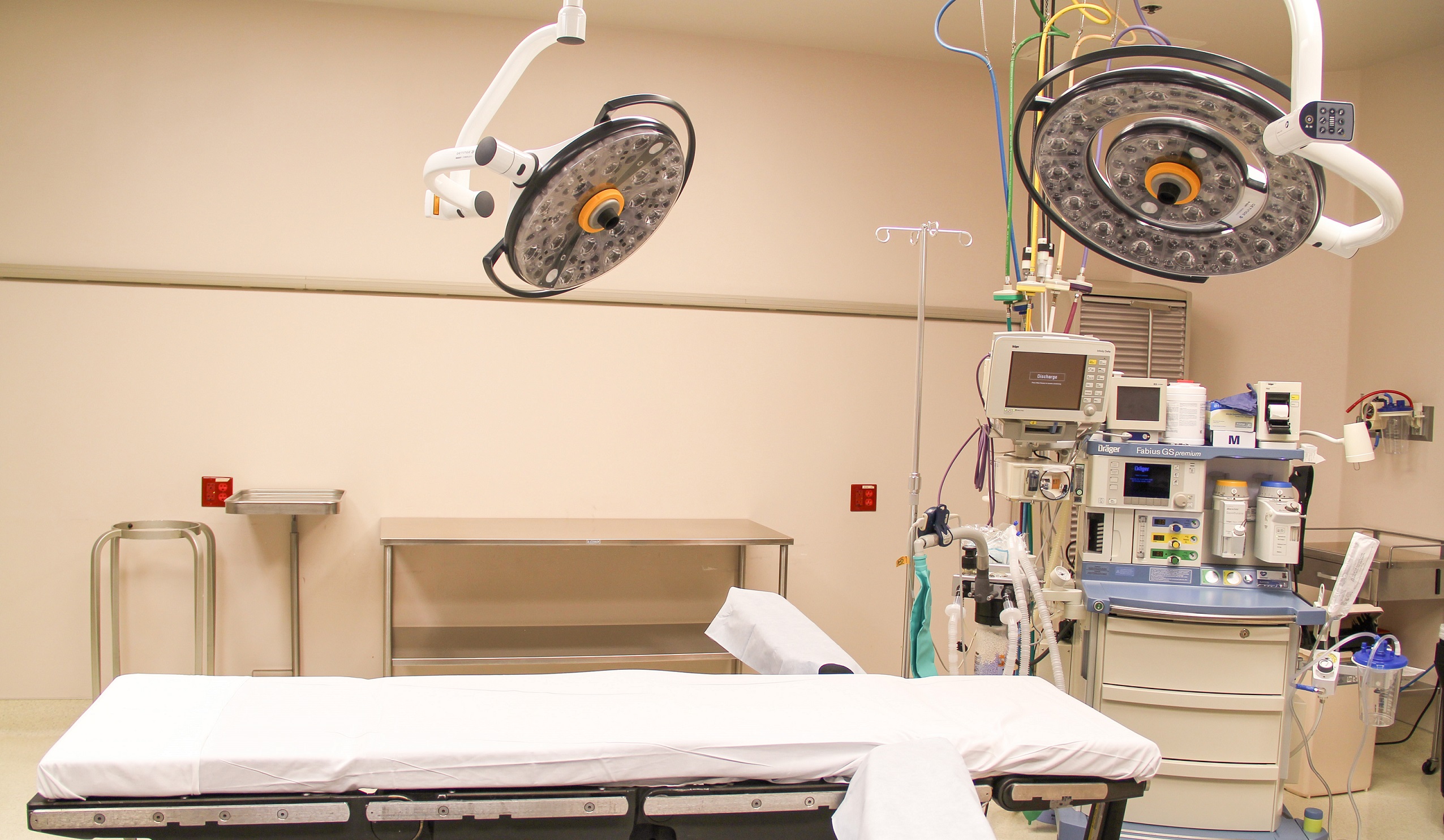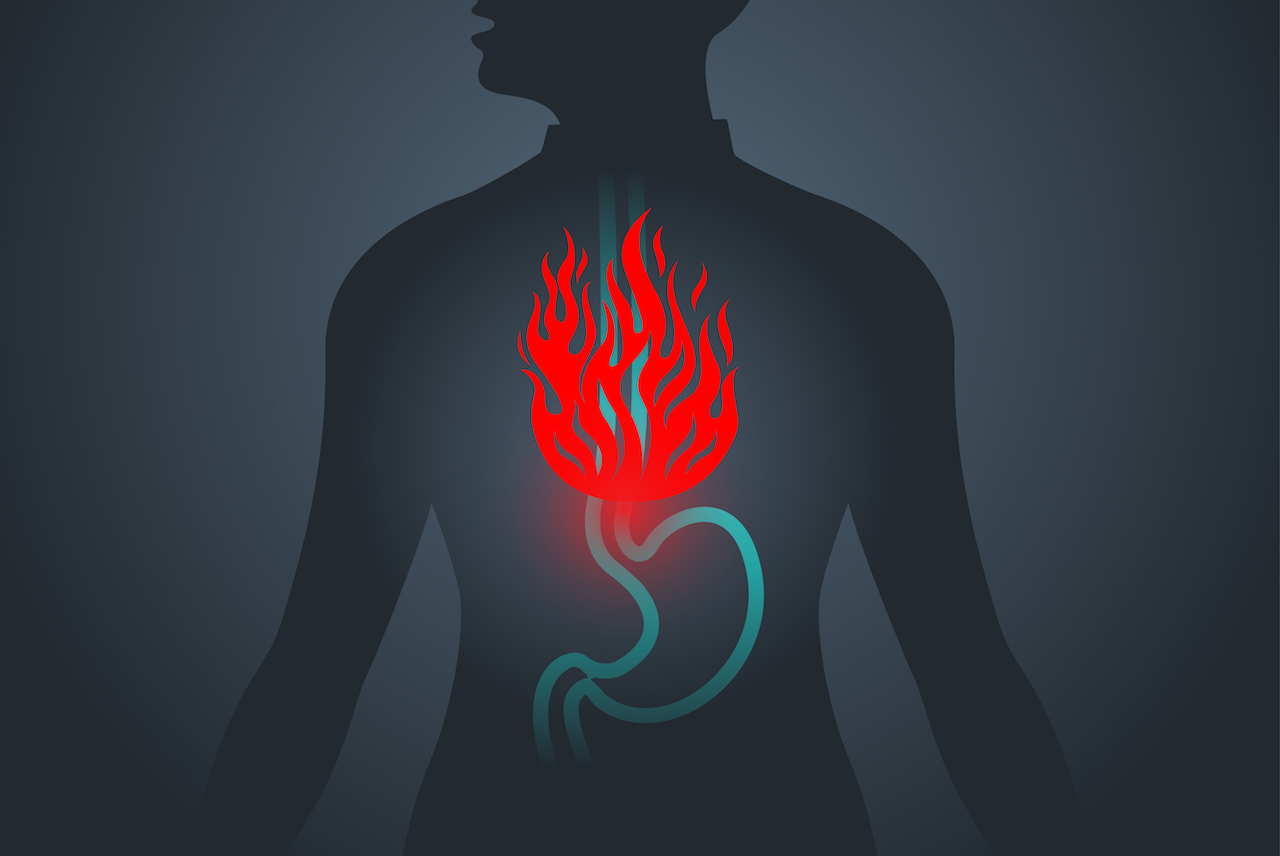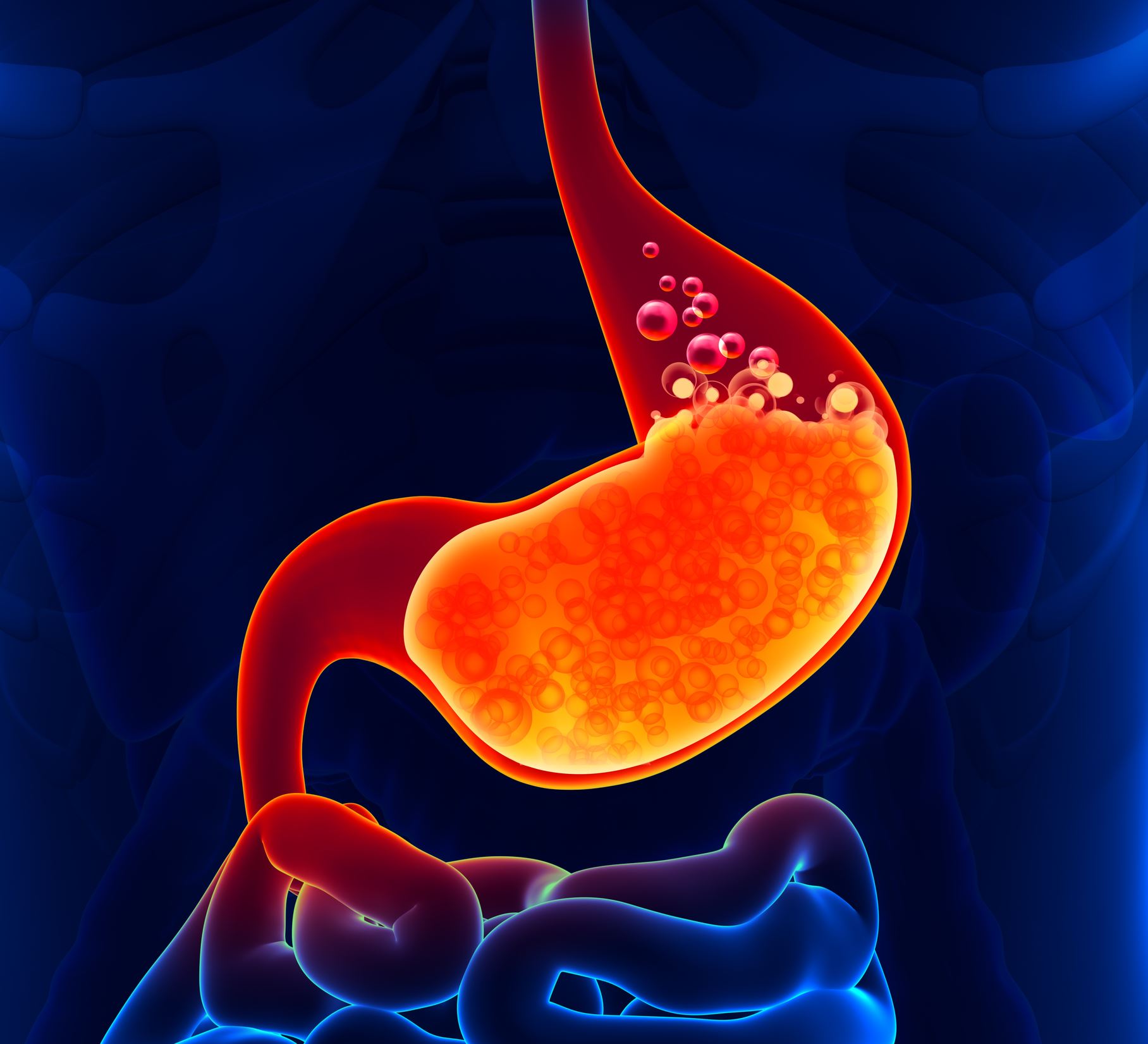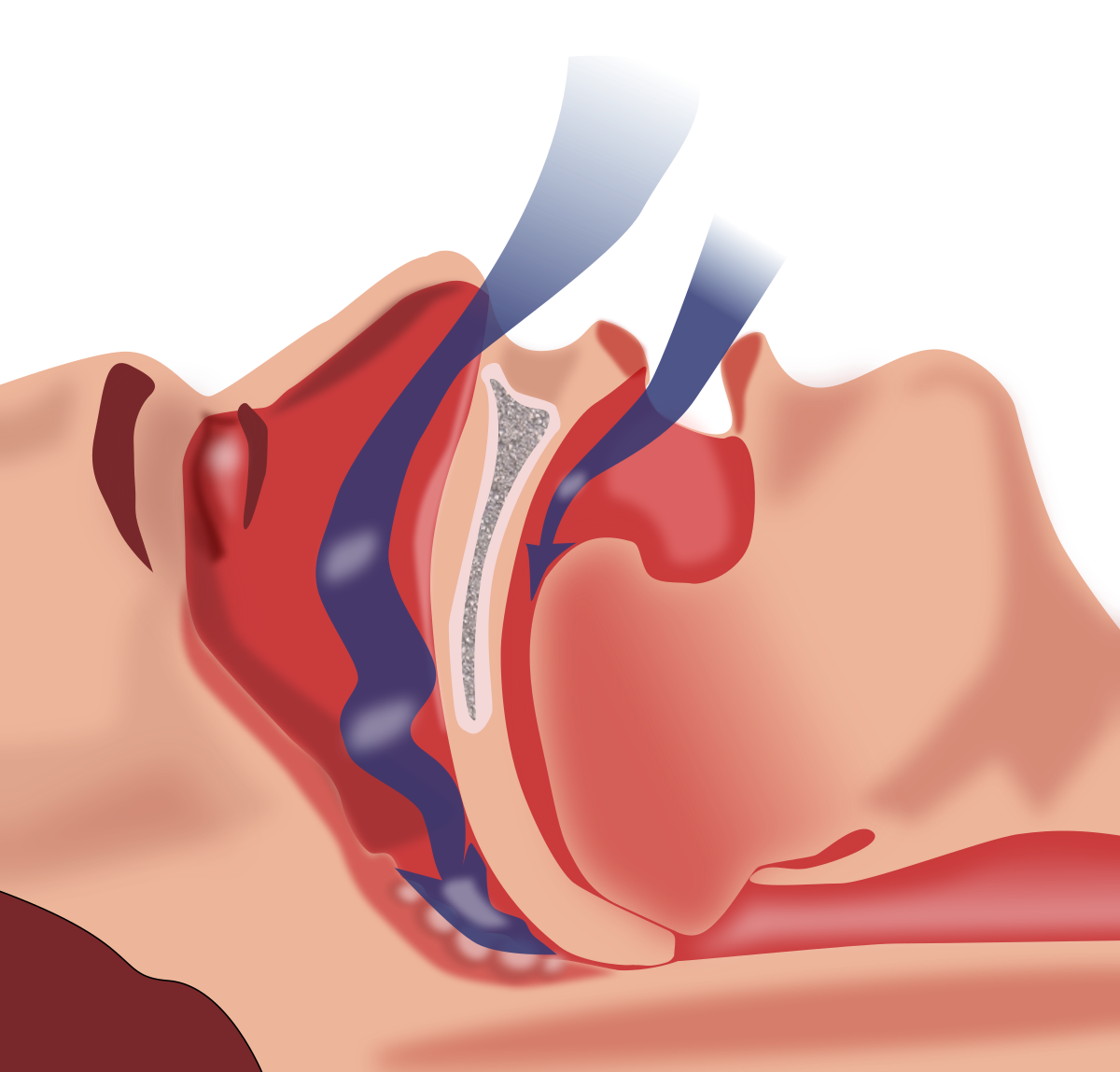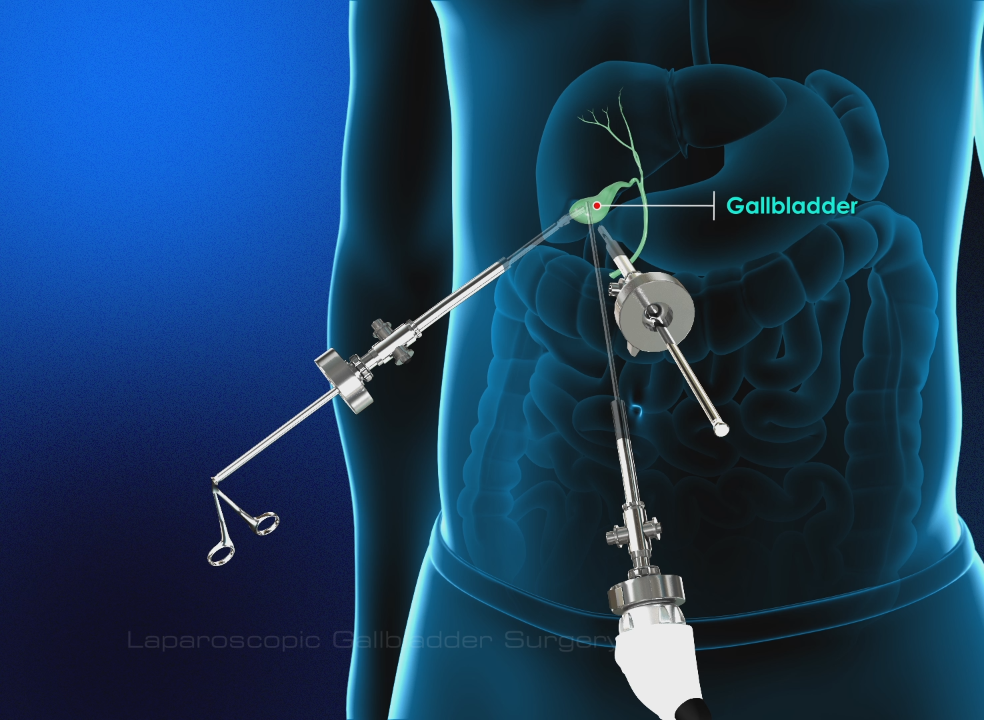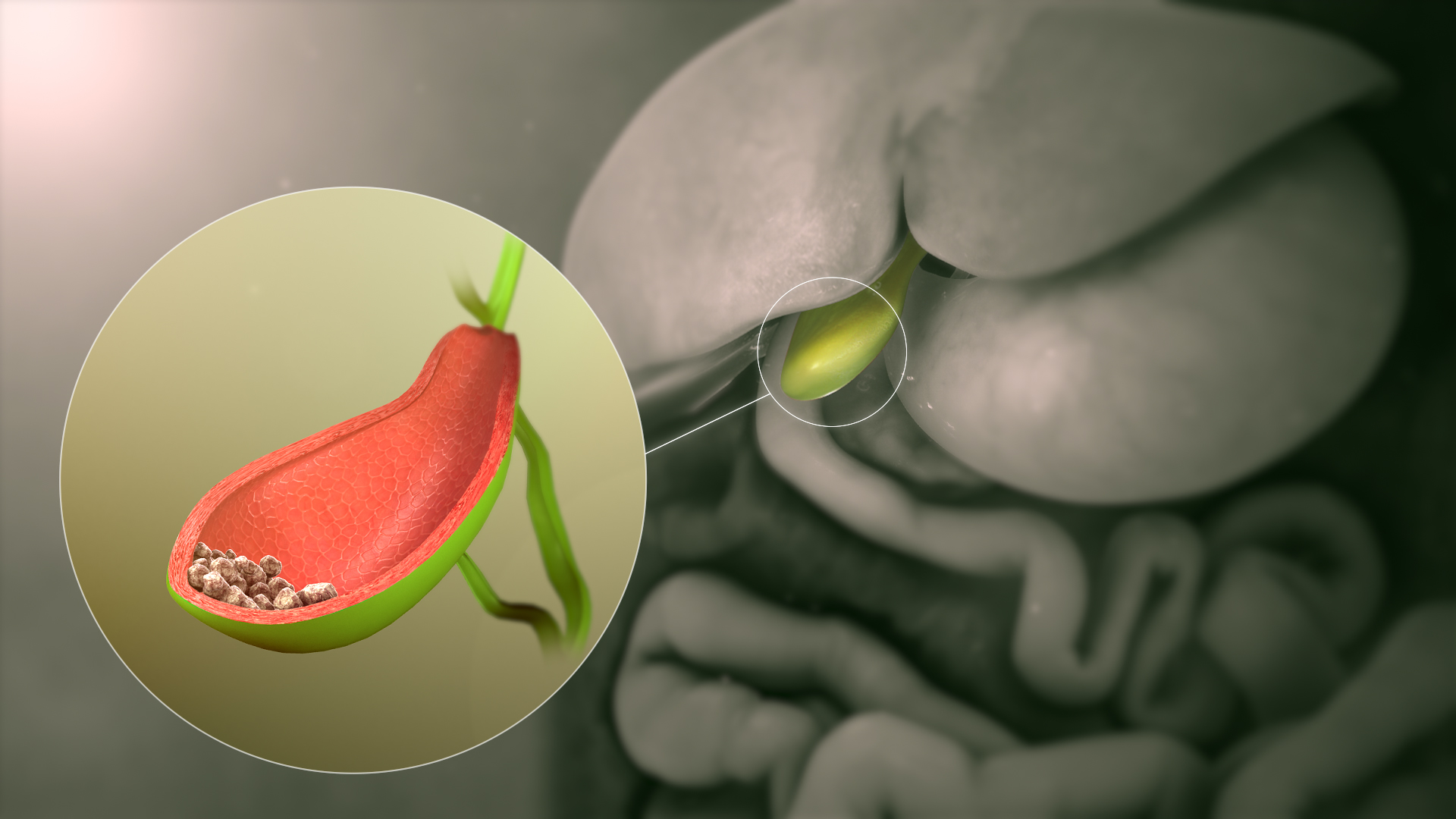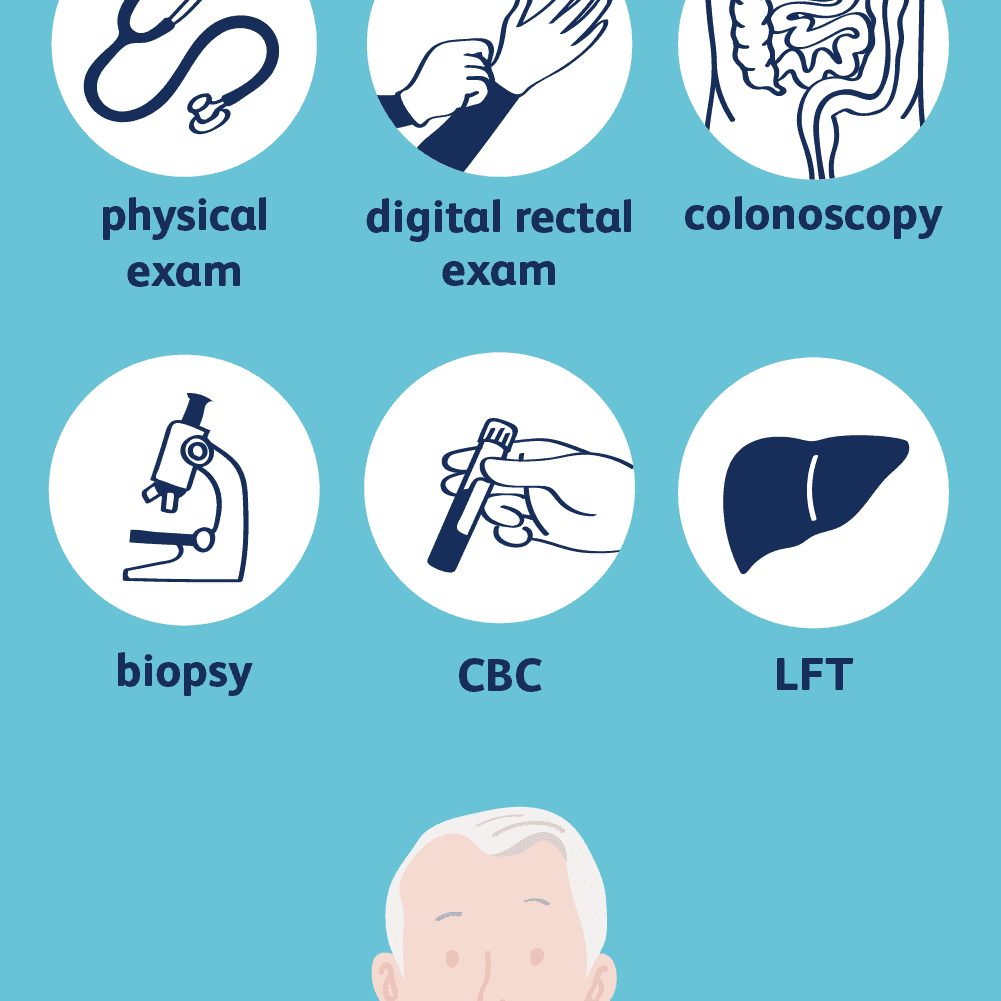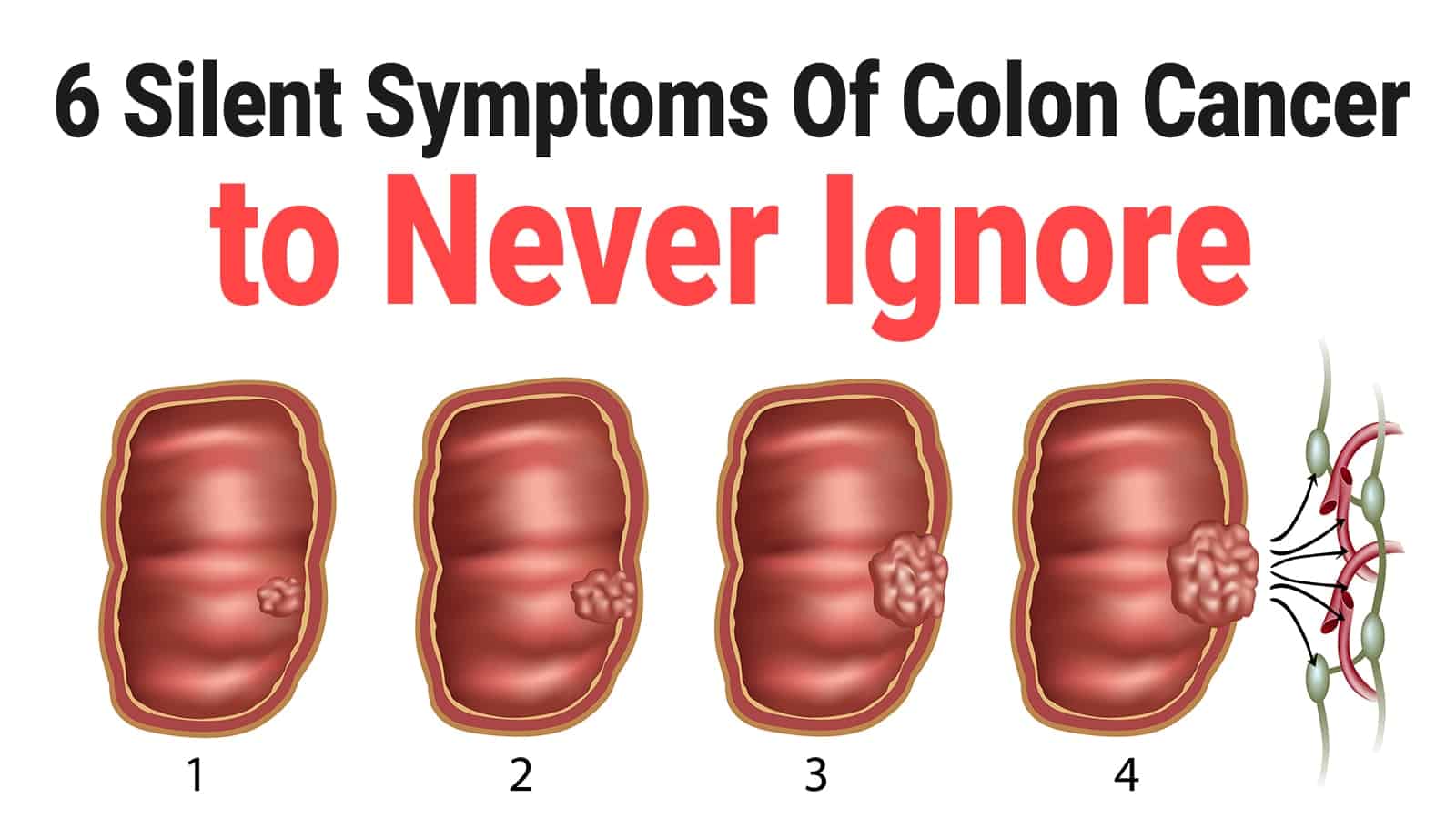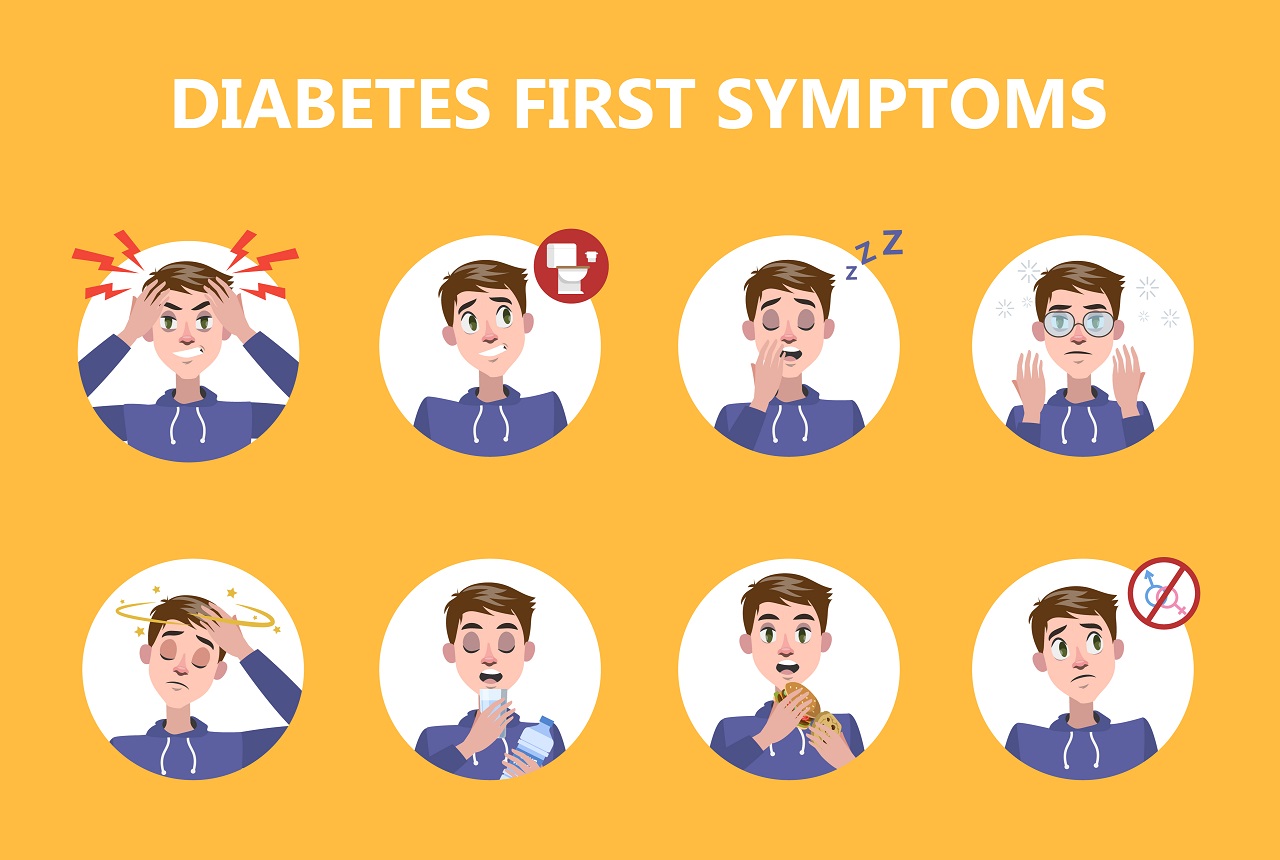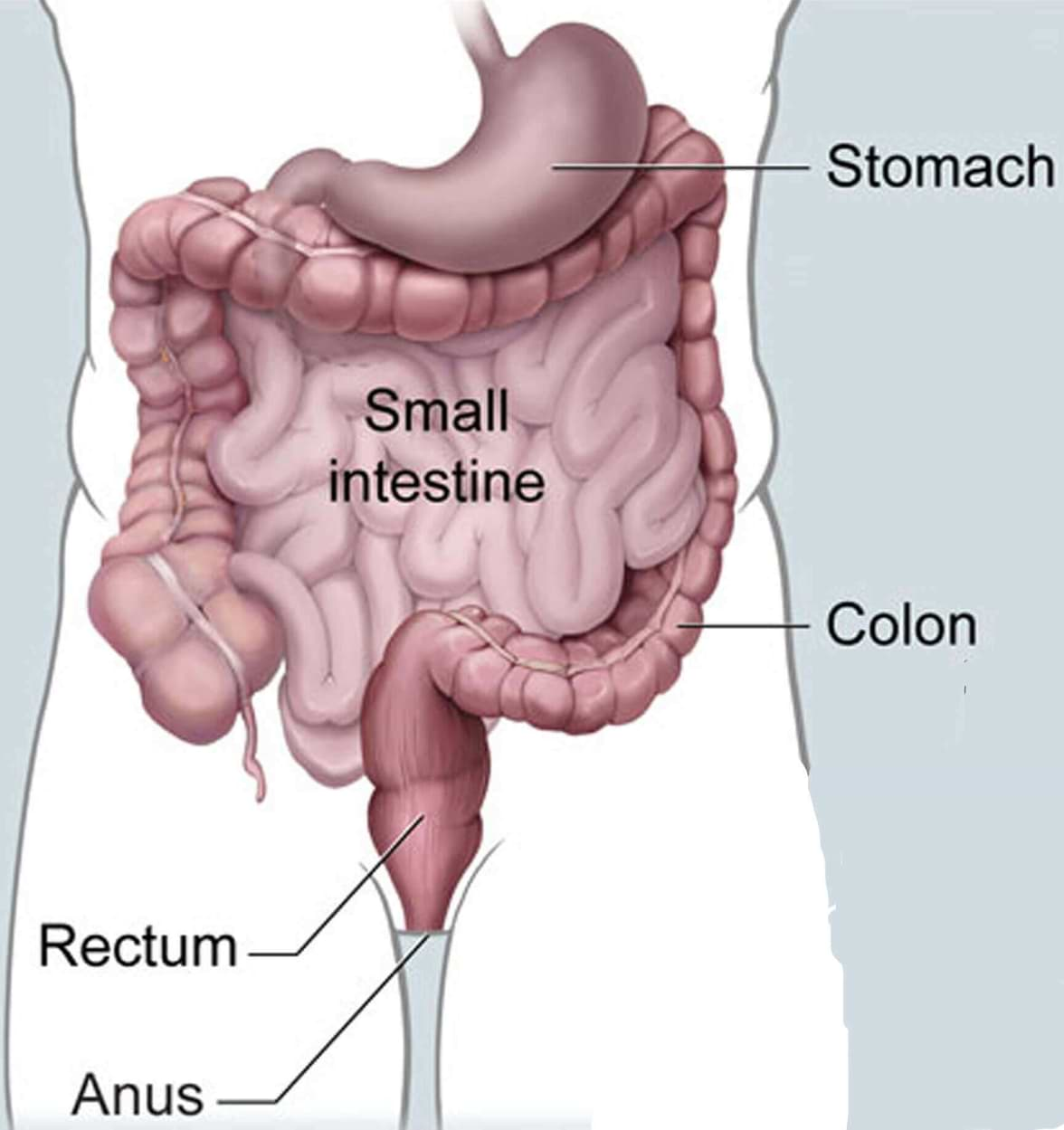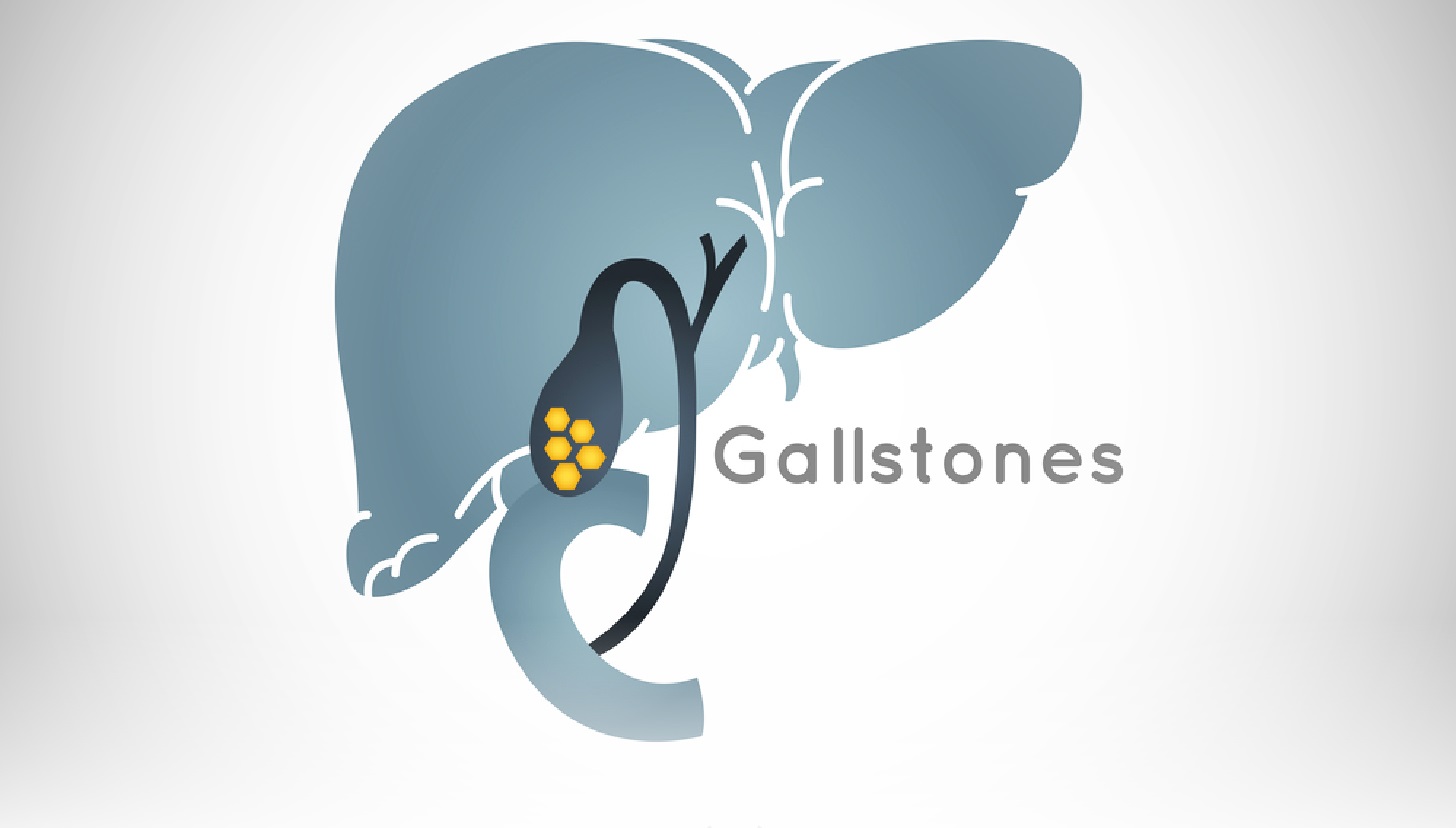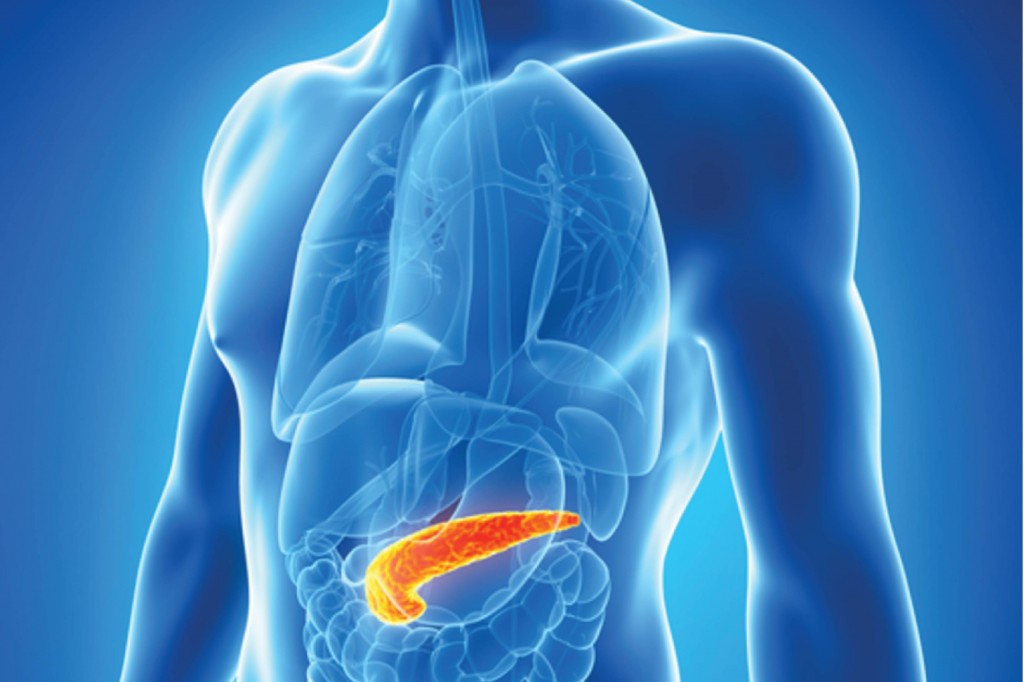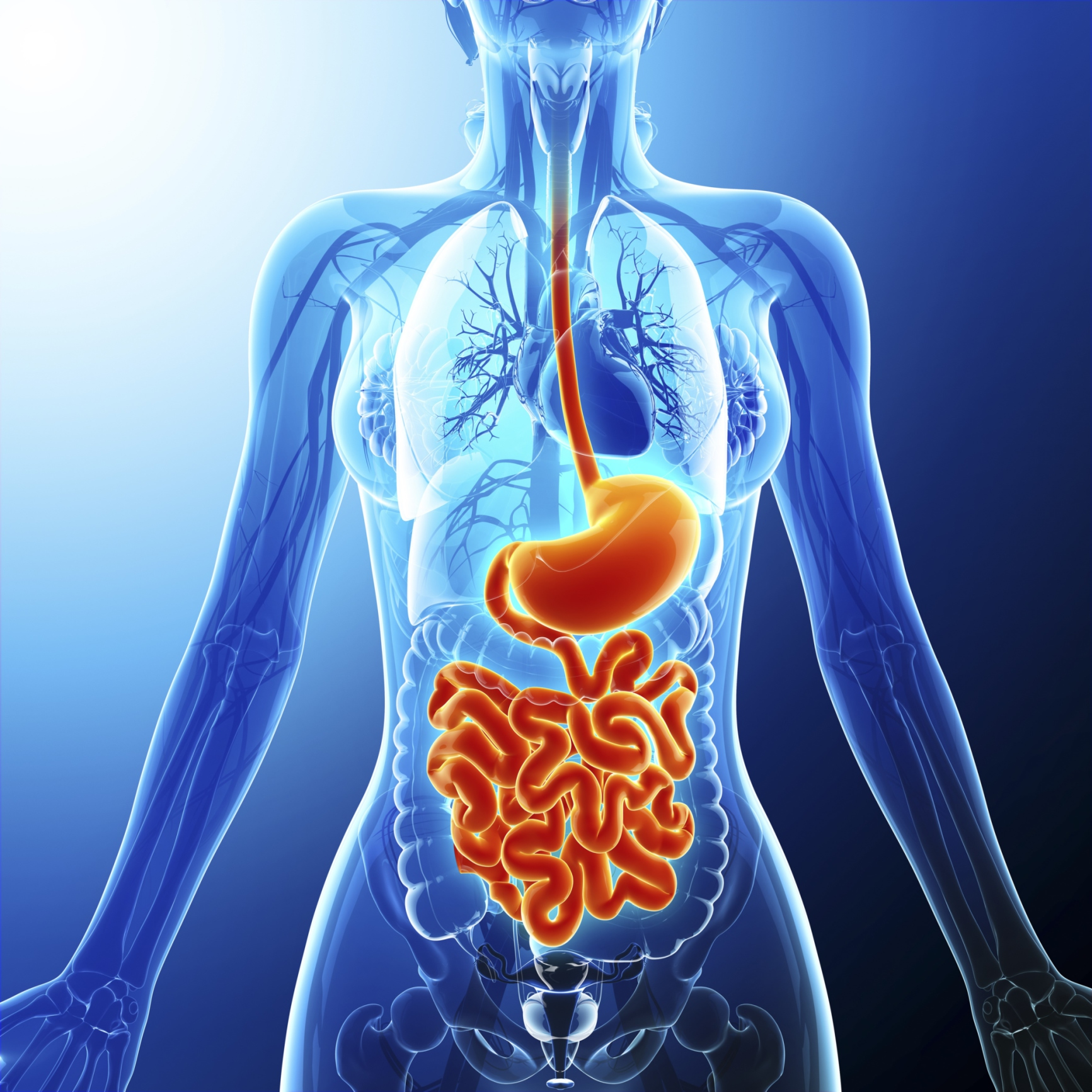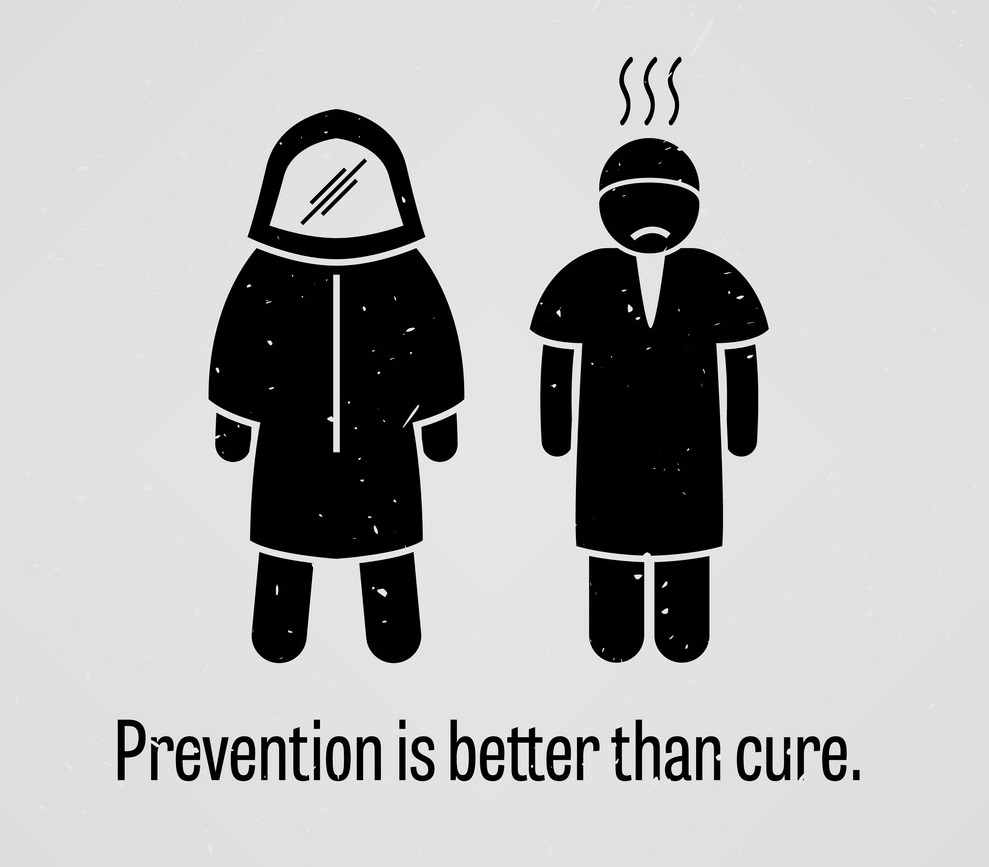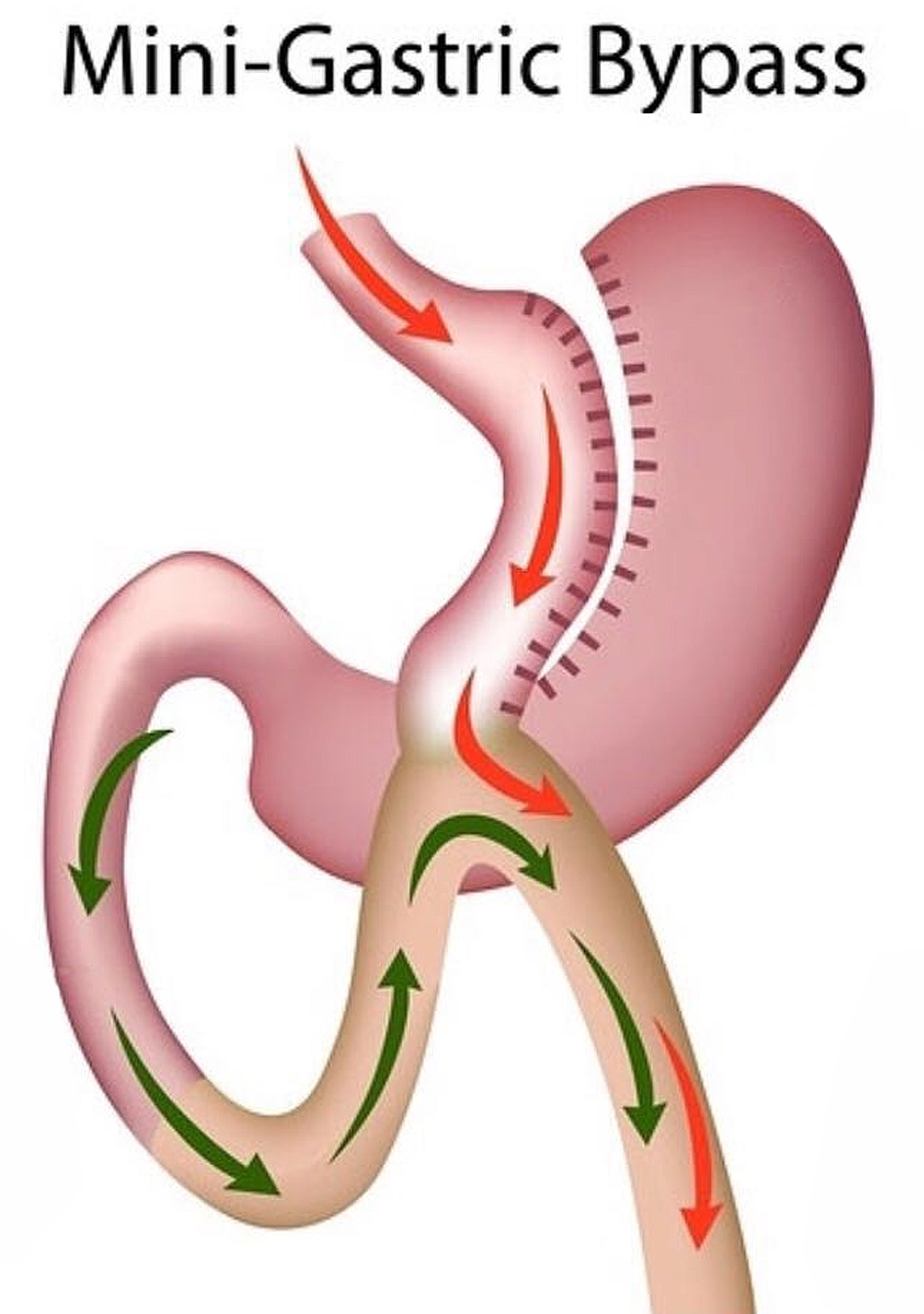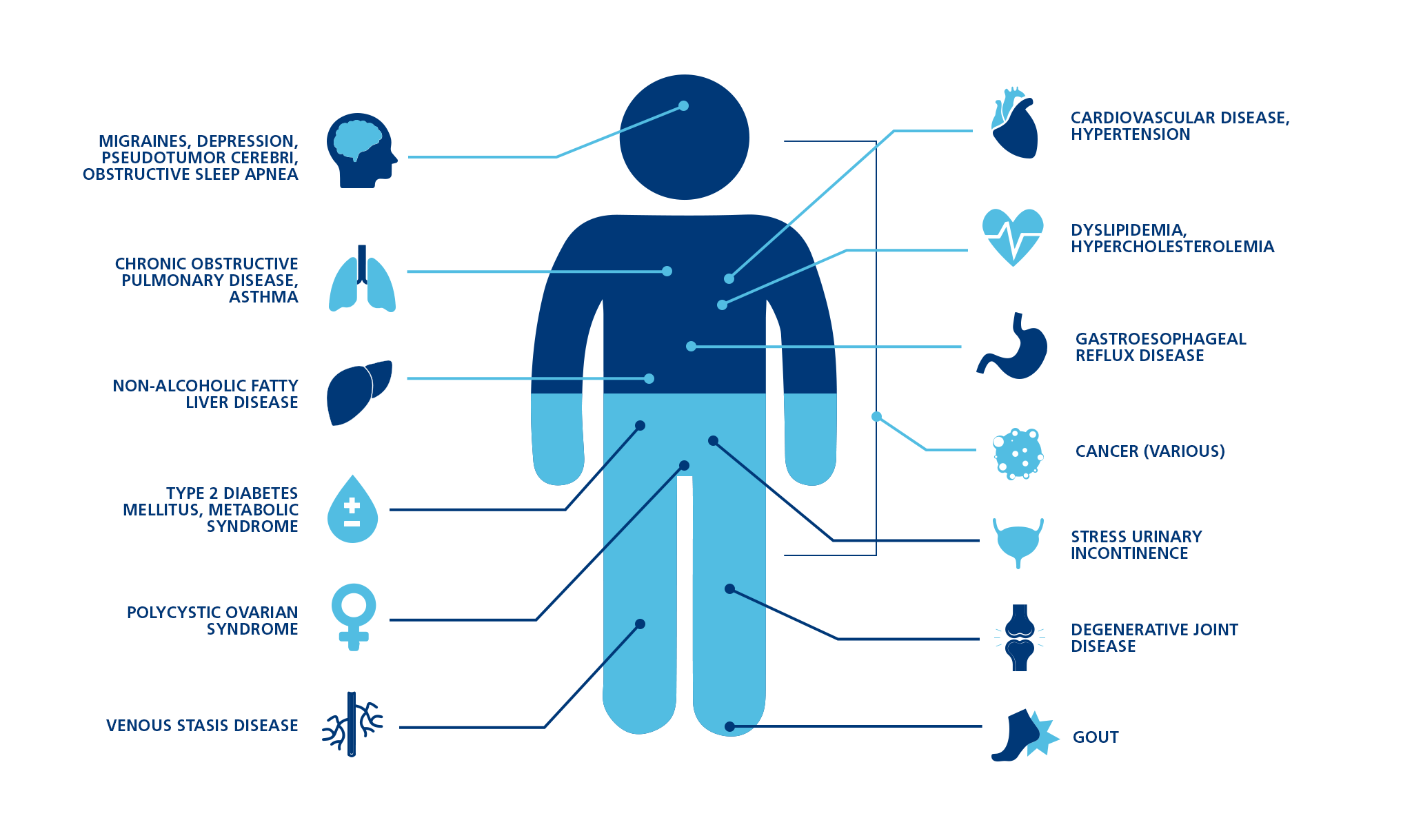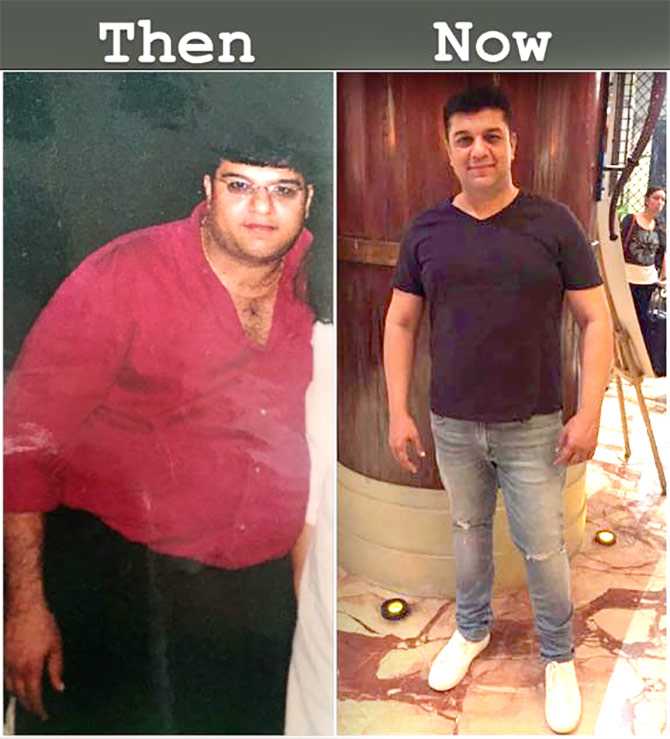Celebrity News, Irrfan Khan, NET, Neuroendocrine Tumor
Neuroendocrine Tumor (NET)- Everything you need to know about the 'rare disease' that bollywood actor Irrfan Khan was diagnosed with
Actor Irrfan Khan was diagnosed with Neuroendocrine Tumor in 2018 and had battled it bravely before taking his final breath in 2020 after being admitted to the ICU of a Mumbai hospital for colon infection.

Actor Irrfan Khan, who had been admitted to the Intensive Care Unit (ICU) of Mumbai’s Kokilaben Dhirubhai Ambani Hospital because of a colon infection had passed away at the age of 53 on 29 April, 2020. He was diagnosed with Neuroendocrine Tumor in 2018.
Here's a look at how he had kept his fans and well wishers in the loop from day one.
On March 5, 2018, the world woke up to the news that the talented actor was seriously unwell. In fact, the actor had taken to Twitter and revealed his diagnosis.
He had written: “Sometimes you wake up with a jolt with life shaking you up. The last fifteen days, my life has been a suspense story. Little had I known that my search for rare stories would make me find a rare disease. I have never given up and have always fought for my choices and always will. My family and friends are with me and we are working it out the best way possible. In trying times, please don’t speculate as I will myself share with you my story within a week – ten days, when the further investigations come with a conclusive diagnosis. Till then, wish the best for me.”
However, the nature of his illness hadn’t been confirmed and hence speculation was rift. Then, on March 16, 2018, the actor released another statement to confirm that he had been diagnosed with a rare disease called neuroendocrine tumour. He wrote on Twitter: “Life is under no obligation to give us what we expect: Margaret Mitchell. The unexpected makes us grow, which is what the past few days have been about. Learning that I have been diagnosed with NeuroEndocrine Tumour as of now has admittedly been difficult, but the love and strength of those around me and that I found within me has brought me to a place of hope. The journey of this is taking me out of the country, and I request everyone to continue sending their wishes. As for the rumours that were floated, NEURO is not always about the brain and googling is the easiest way to do research :-) To those who waited for my words, I hope to be back with more stories to tell.”
After initial treatment, the actor flew to London to avail best possible medical care. Through much of that year and the following year, nothing was heard from the actor other than an occasional interview of his, done during that period, which he shared on Twitter. Some time in 2019, his health reportedly showed signs of improvement and he began shooting for his first time after diagnosis, Angrezi Medium, a sequel to his hit 2017, Hindi Medium. With a supportive crew and cast, he managed to shoot the film in London and Rajasthan.
In between, after successfully battling the treated disease, the actor returned to India for good. Announcing his return, he wrote on Twitter in April: “Maybe, somewhere in the pursuit of winning, we forget how much it means to be loved. In our vulnerability, we are reminded. As I leave my footprints onto these steps of my life, I want to pause to be grateful for receiving your immense love and support, it soothed me in my process of healing. So I travel back to you, thanking you from the bottom of my heart.”
However, around the time the film was to release in March this year, he could be available for the promotions of the film, as his health again took a beating. As speculation filled the air, the actor released a recorded message at the time of the film’s trailer release in February saying he had ‘unwanted guests in my body’.
He said in Hindi: “Hello, brothers and sisters. I am with you and not with you. This film, Angrezi Medium, is very special to me. I truly wanted to promote this film as passionately as we made it, but there are some ‘unwanted guests’ in my body and they’re keeping me busy. I’ll keep you informed on that front.”
After being admitted to the hospital for the second time due to his deteriorating health, the actor took his last breath on 29 April, 2020.
About Neuroendocrine Tumors (NET)
Neuroendocrine cancer is one form of rare cancer that affects the specialized cells of the body. These mostly include neural and hormone-producing cells. Neuroendocrine tumors (NET’s) can be found anywhere in the body, however, common occurrences of the tumor include the lungs, pancreas, intestines and rectum.
Types of NET
It is easy to classify kinds of neuroendocrine tumors on the basis of where they are located and also how they look like. The most common description is on the basis of the impact they have on the body. Functional NETs cause hormonal disturbances in the body whereas nonfunctional NETs do not cause any or enough hormonal changes to show any symptoms. This is why NETs have a higher chance of going unnoticed until very late. Many times, neuroendocrine cancers are discovered by mistake.
NET Risk Factors
Cancer is a mutation in the DNA of the affected cells that forces them to multiple uncontrollably and form said tumors. Risk factors simply increase your chances of forming a neuroendocrine tumor. They do not directly cause cancer, however, only increase the chances of forming a tumor. However, having a risk factor does not mean that it is necessary you will get a tumor and vice versa. Here are a few risk factors of NETs
- Inherited conditions that cause changes in your genes which forces your cells to multiply and cause cancerous tumors
- NETs are more common in people above the age of 60.
- People with diseases that affect the gastrointestinal tract are at a higher risk
Symptoms of NETs
Even though the symptoms vary from the kind of tumor and the place where it is located, general symptoms like fatigue, loss of appetite and unexplained weight loss are common for any kind of cancer.
If you have a nonfunctional tumor you might experience pain in the specific area and might feel a lump beneath your skin. You may also experience nausea and vomiting.
A functional tumor that affects the body’s ability to maintain hormone production might manifest with the following symptoms -
- Diarrhea
- Flushing
- High blood sugar
- Skin rash
- Confusion
You need to visit the doctor as soon as you begin experiencing any of these symptoms. Your doctor will use a biopsy or blood and urine tests to help them diagnose the disease. Endoscopies and ultrasounds are also used to find any tumors. Once diagnosed, the treatment can be one or a combination of surgery radiation, chemotherapy and drugs.
In case of any health related query, you can consult with our expert doctors by clicking below-



